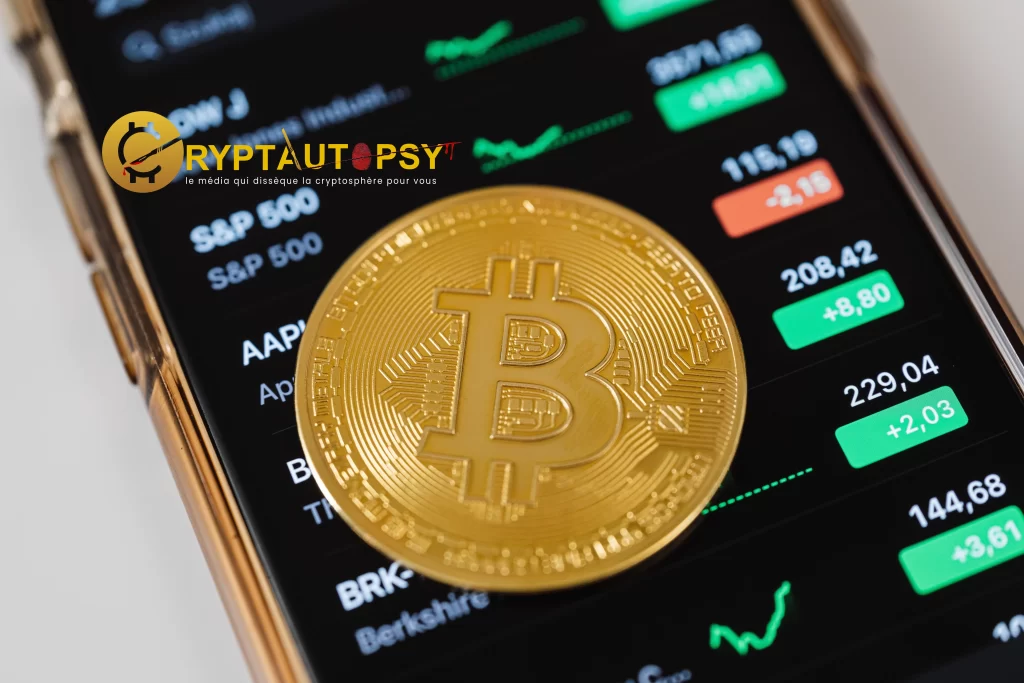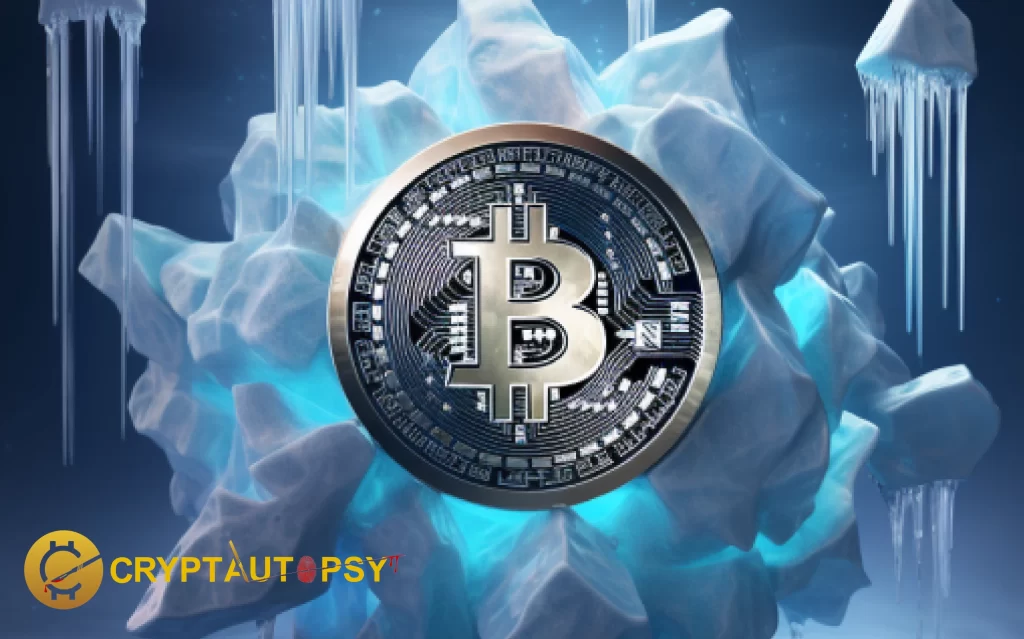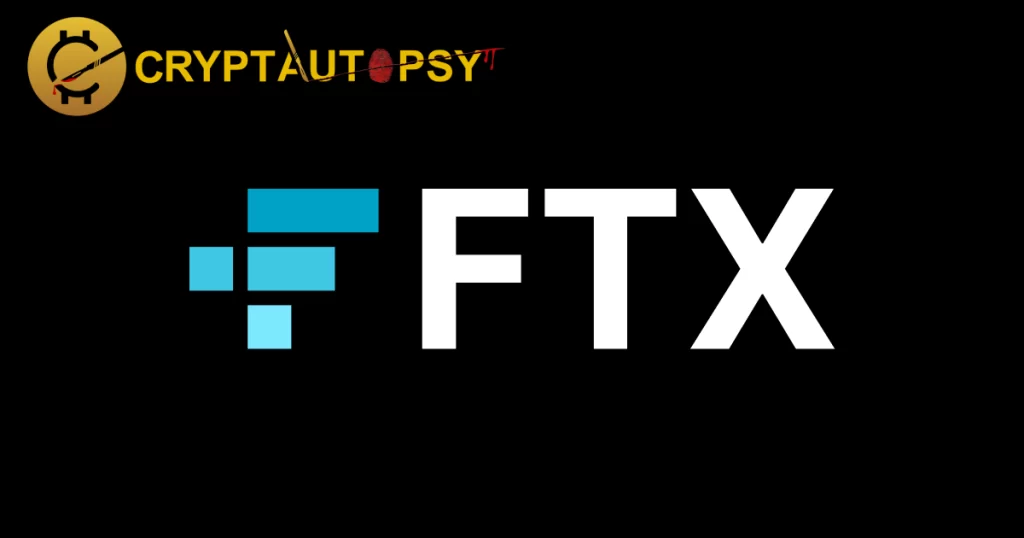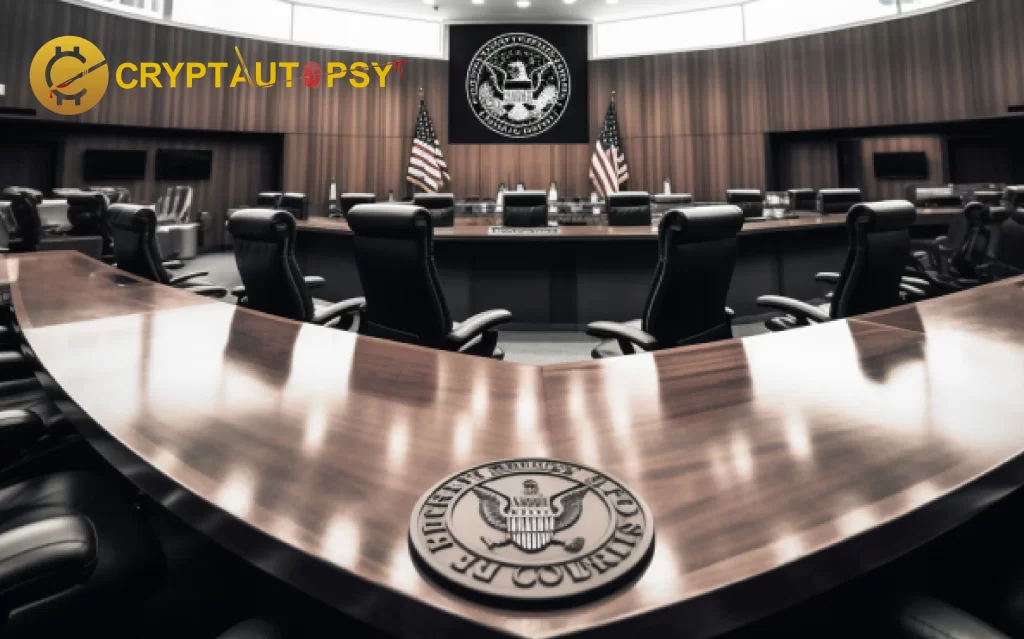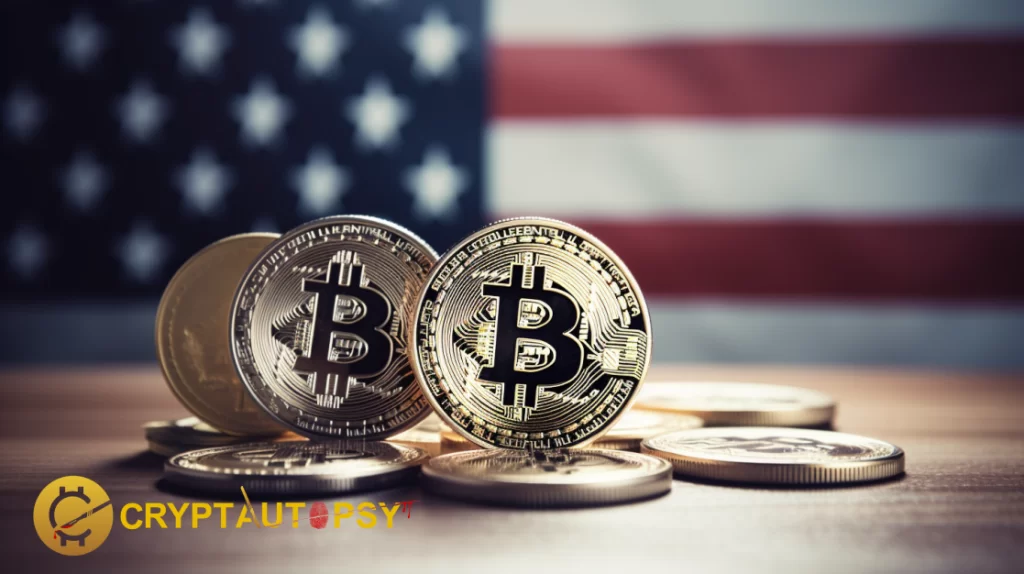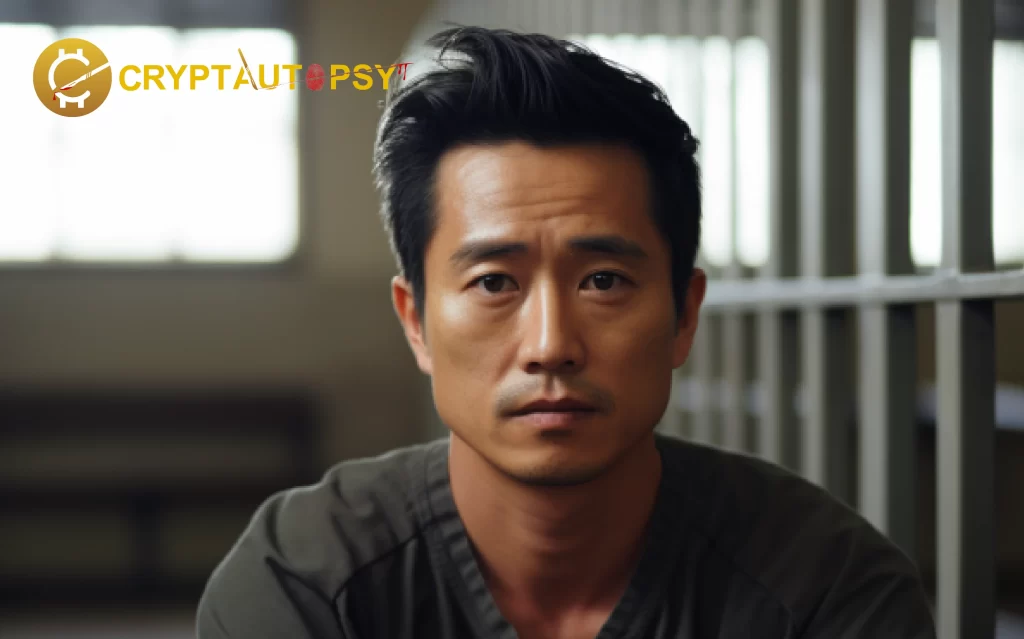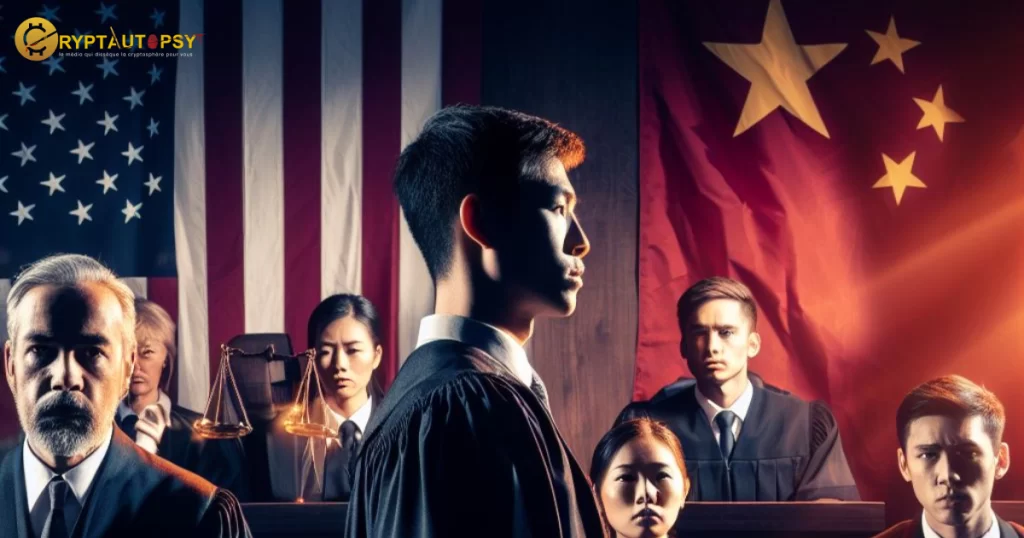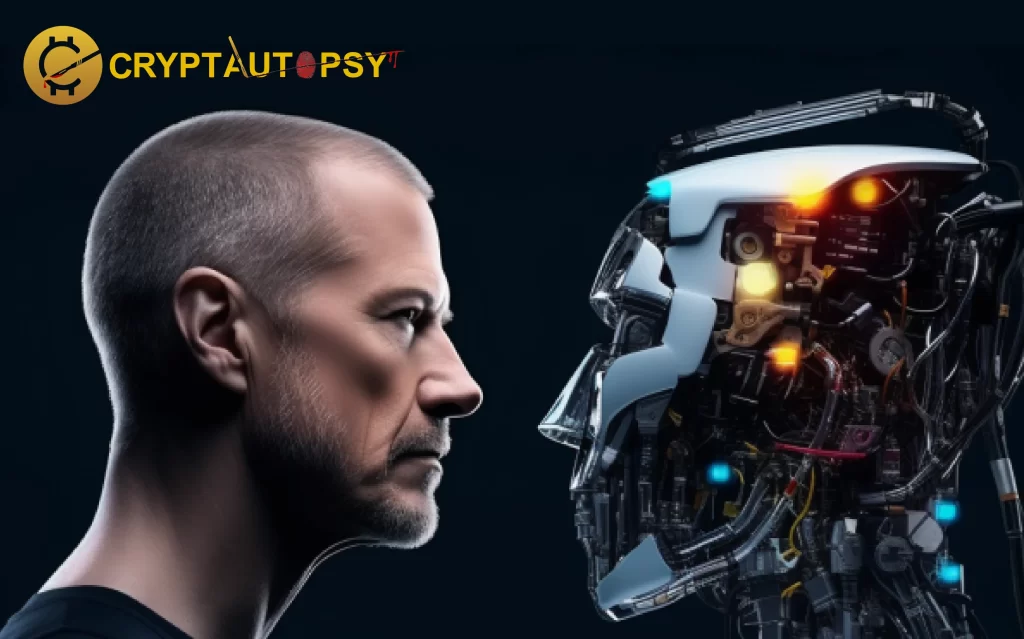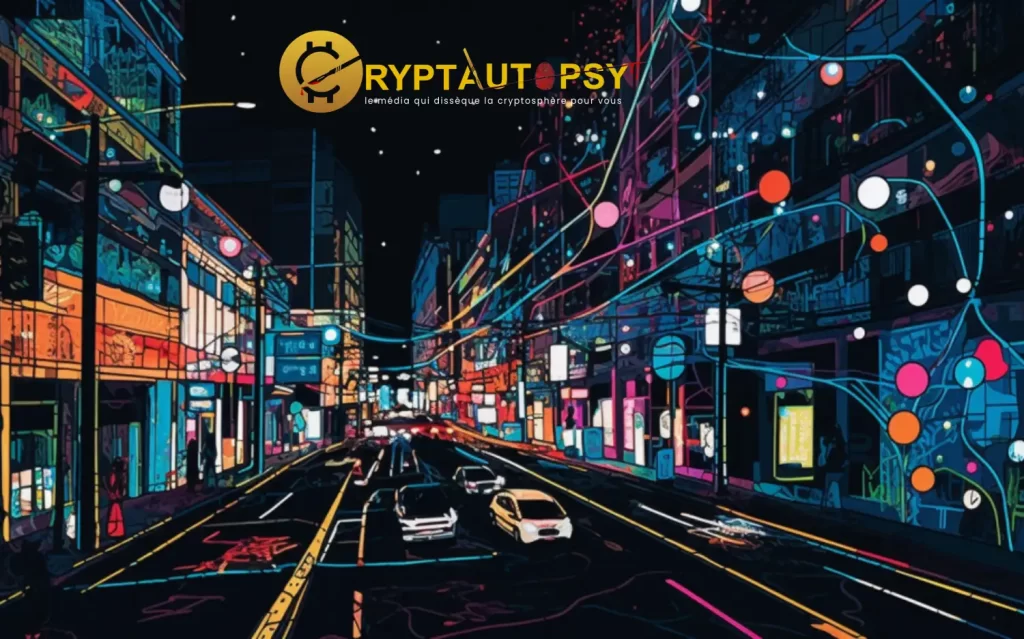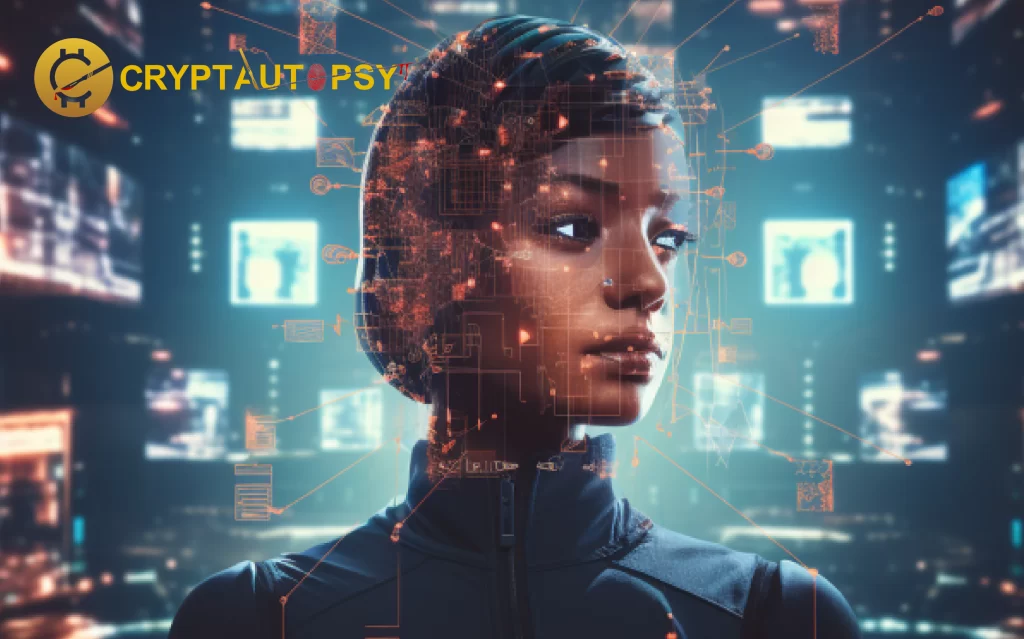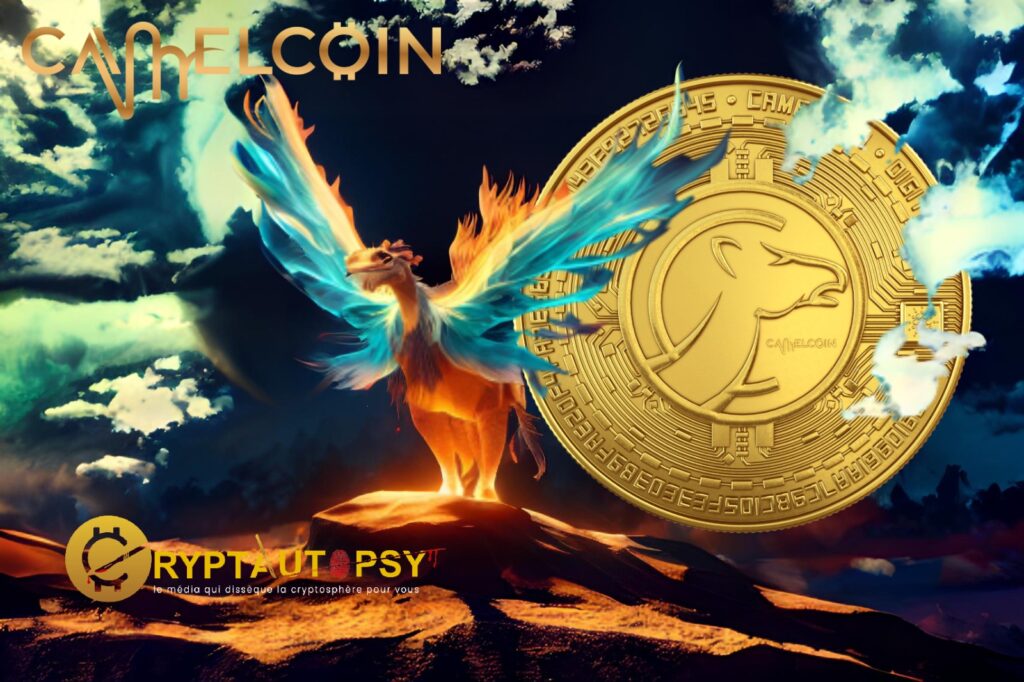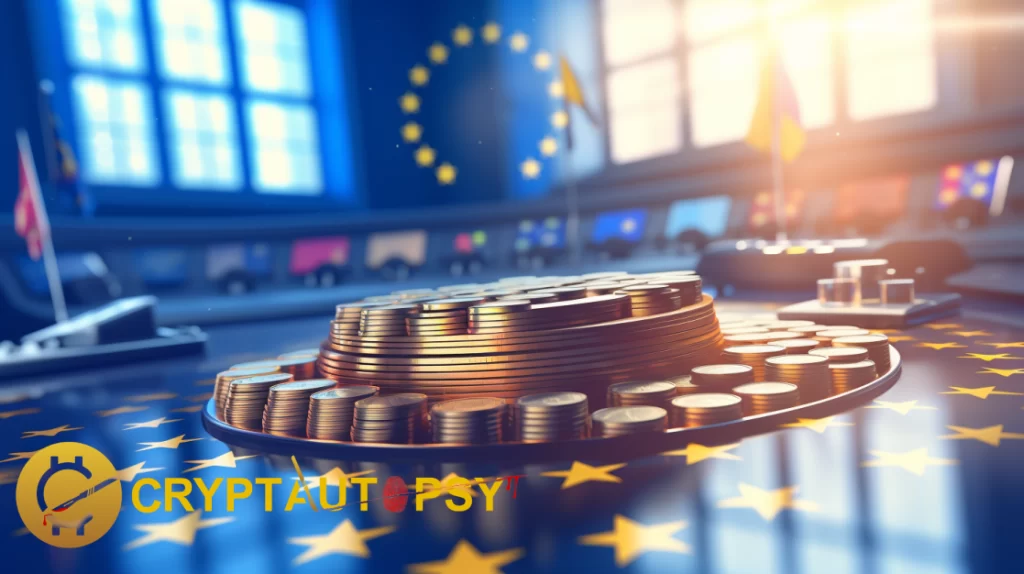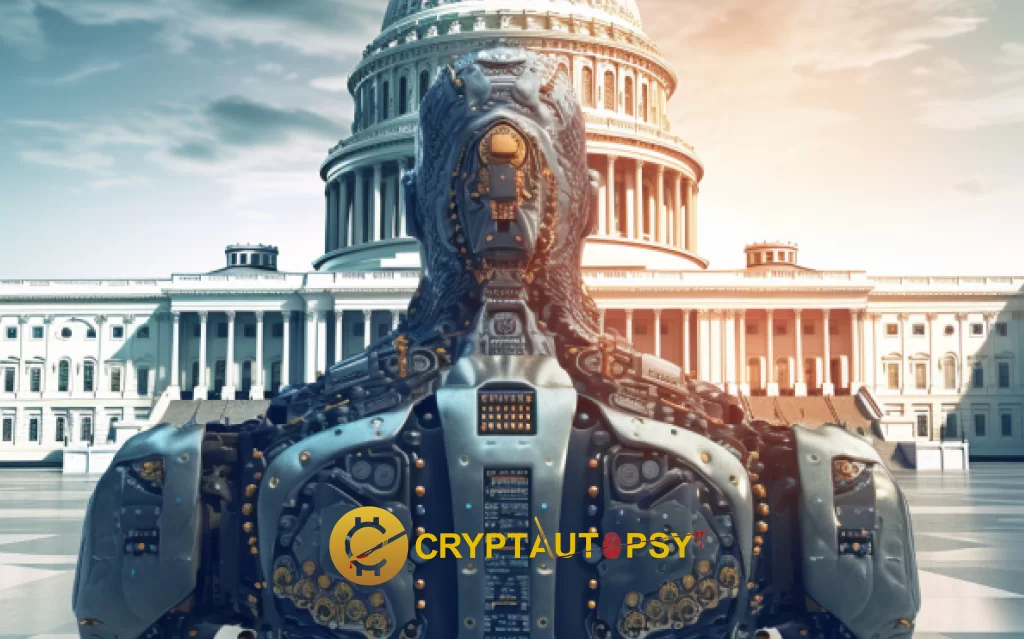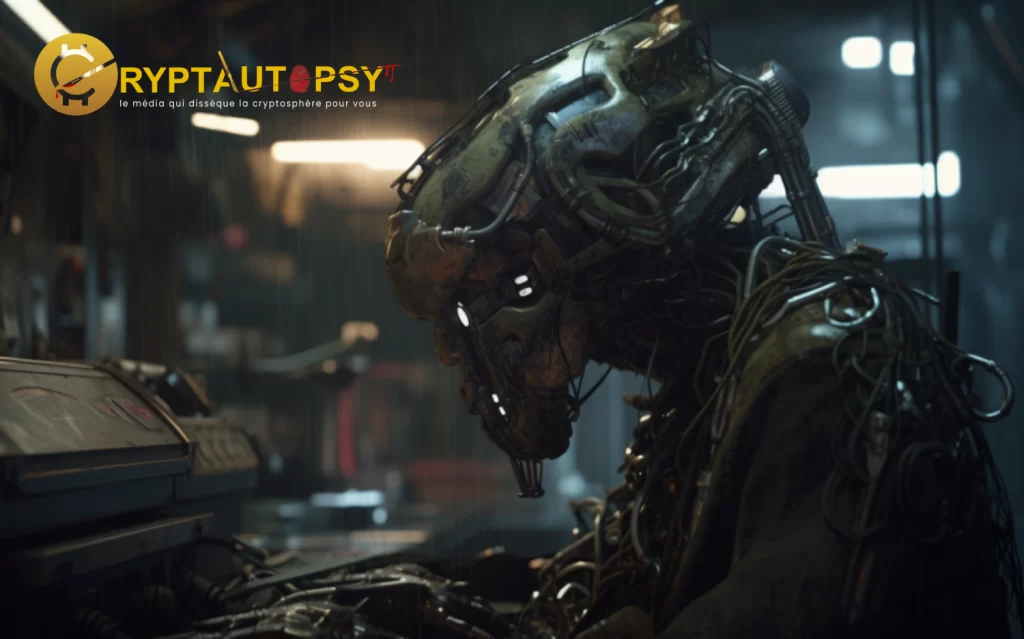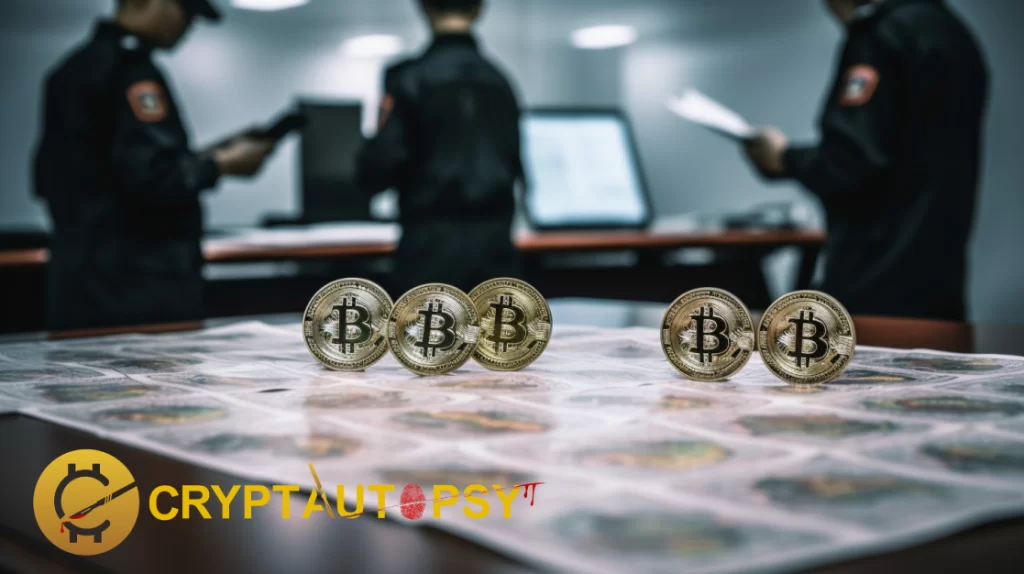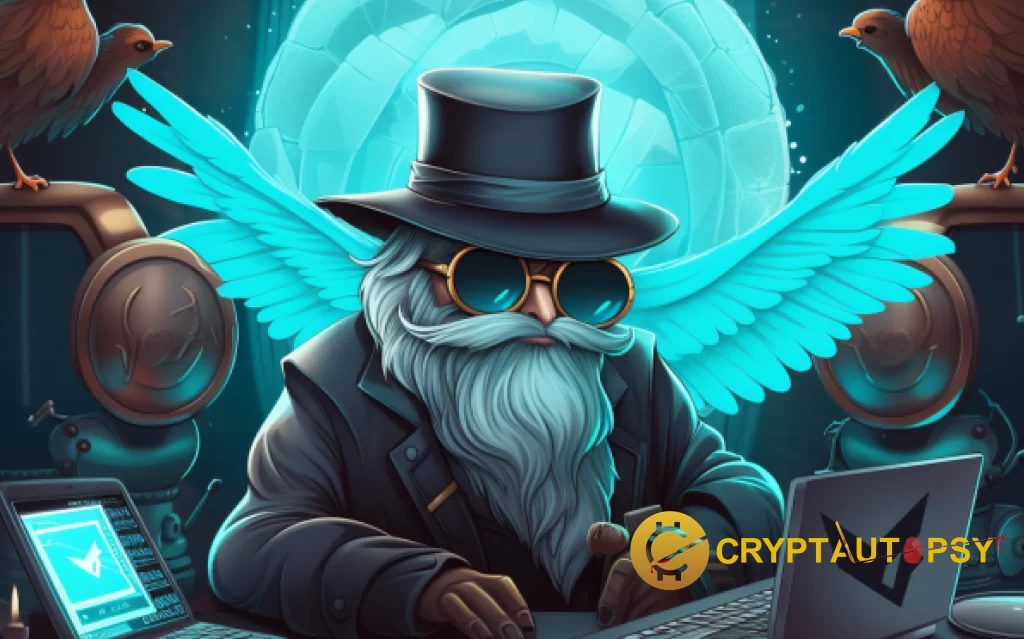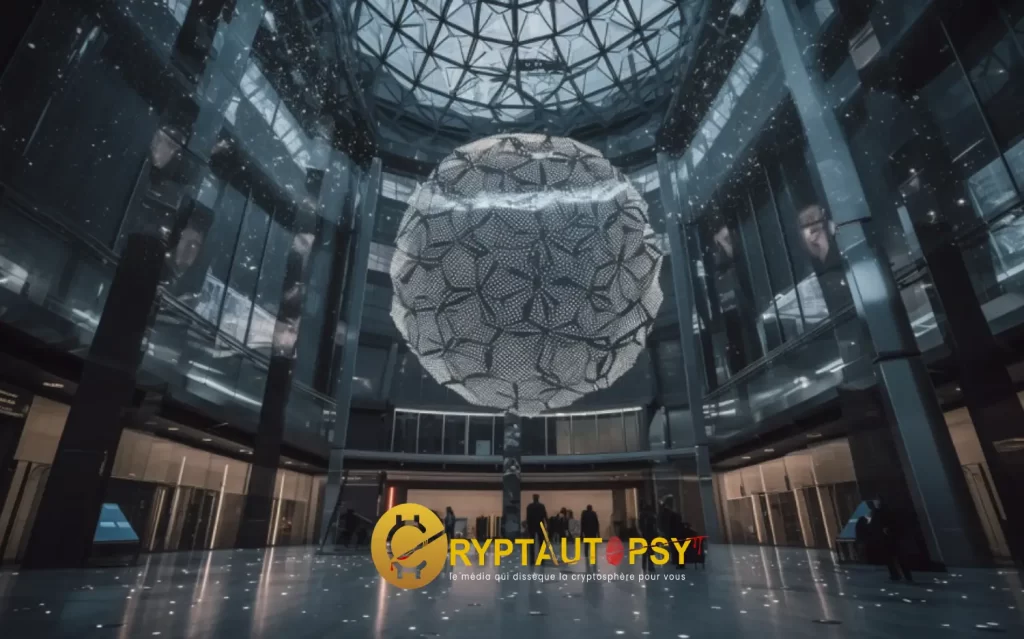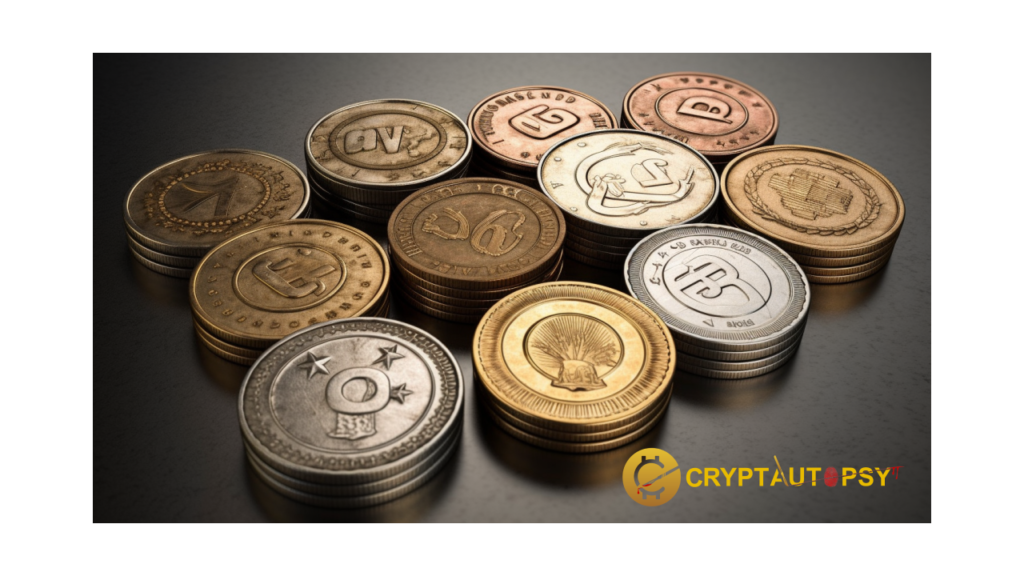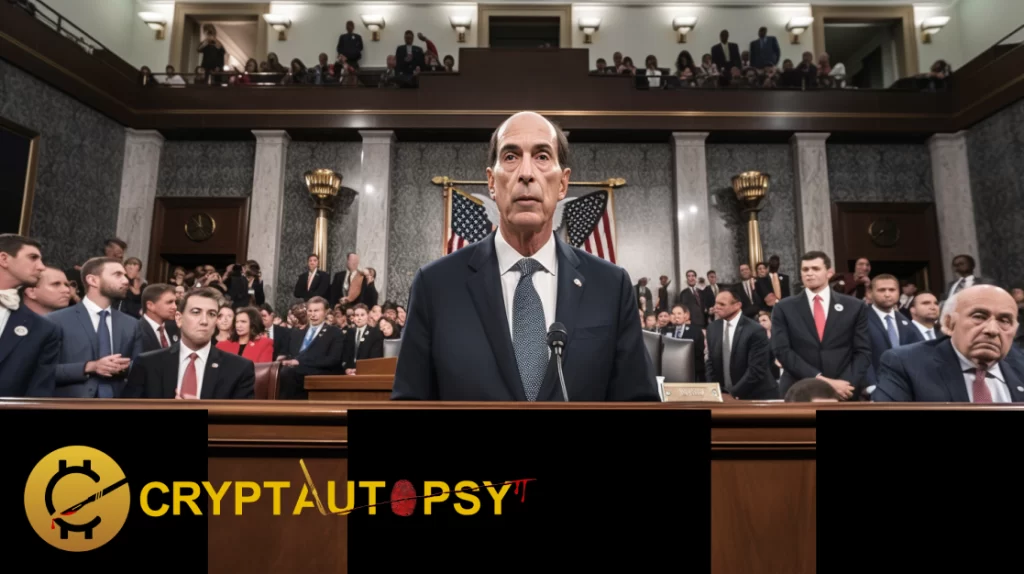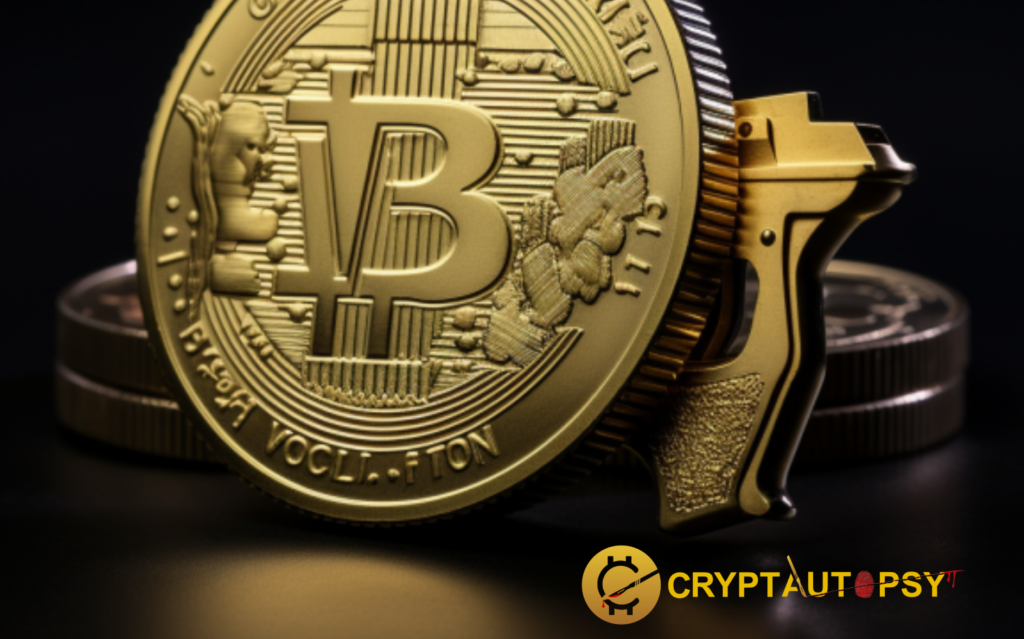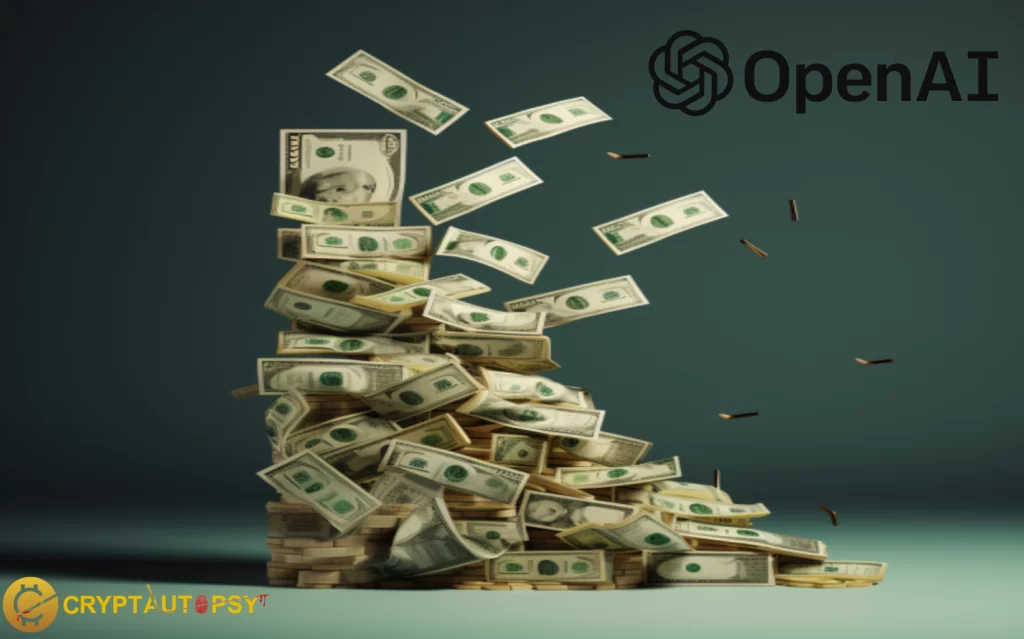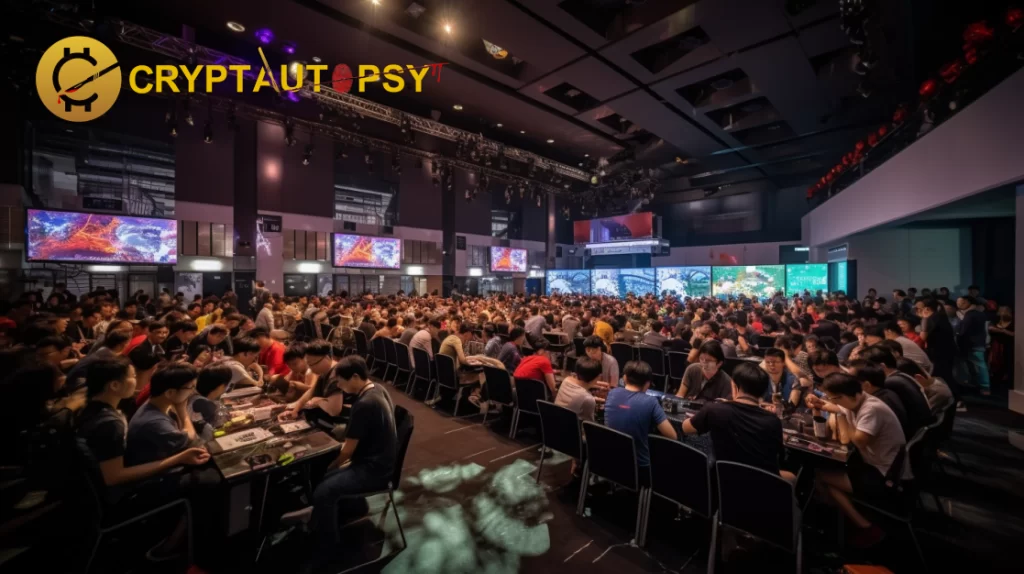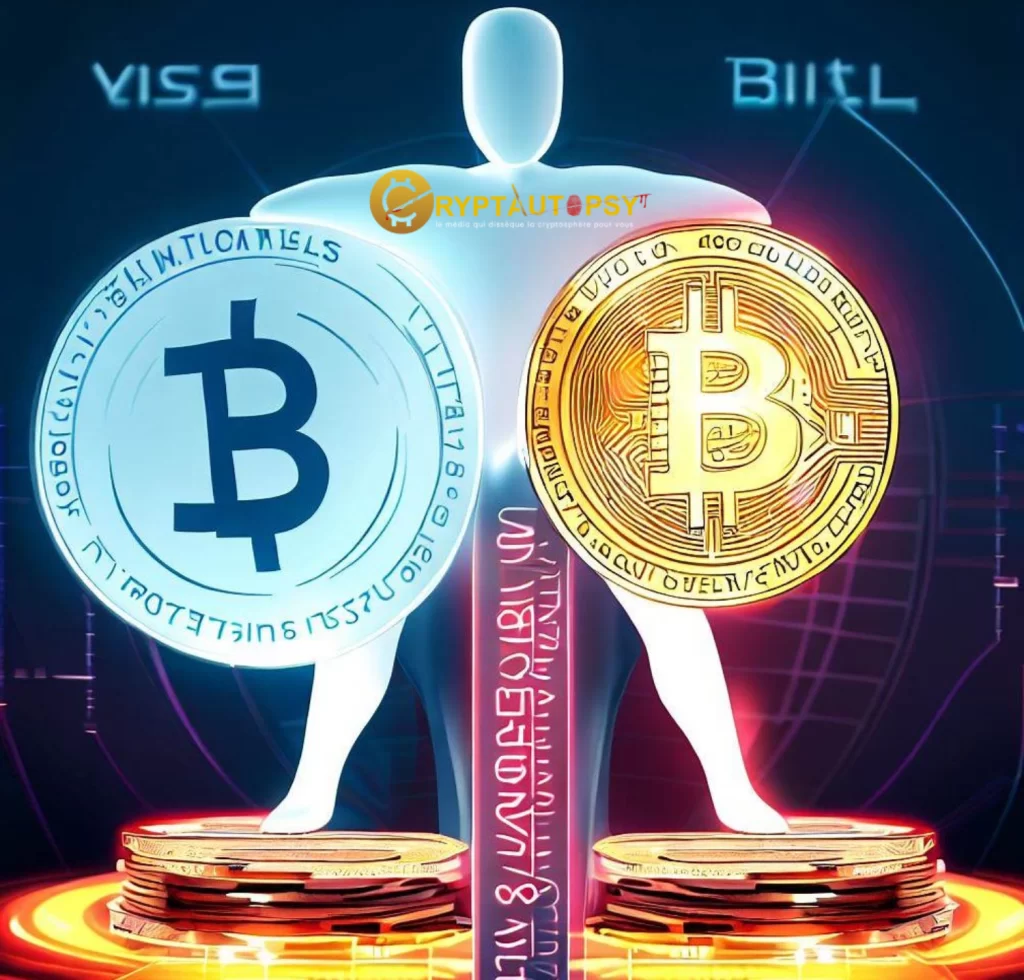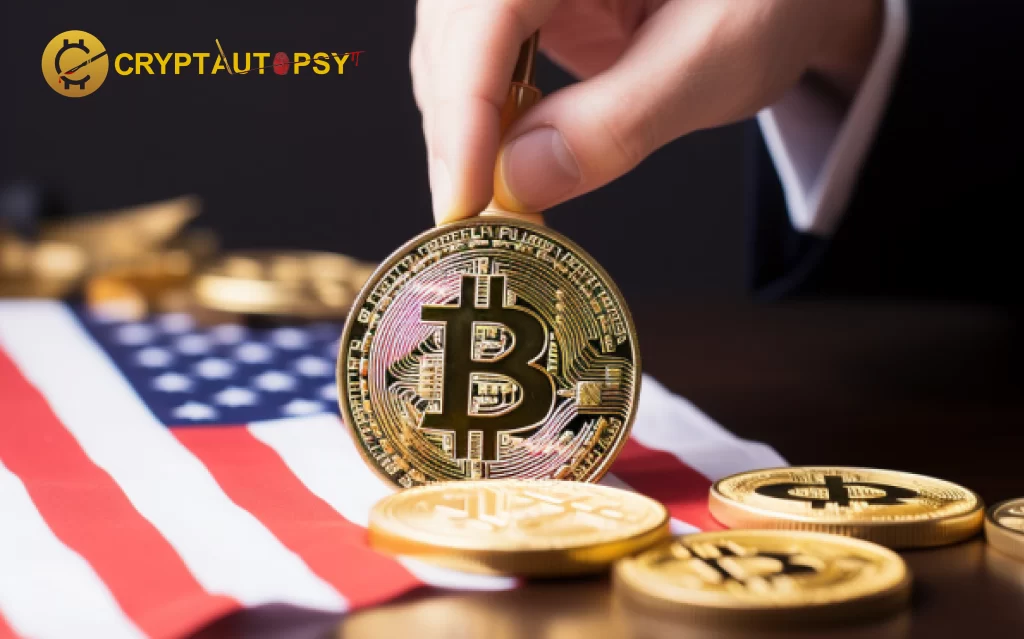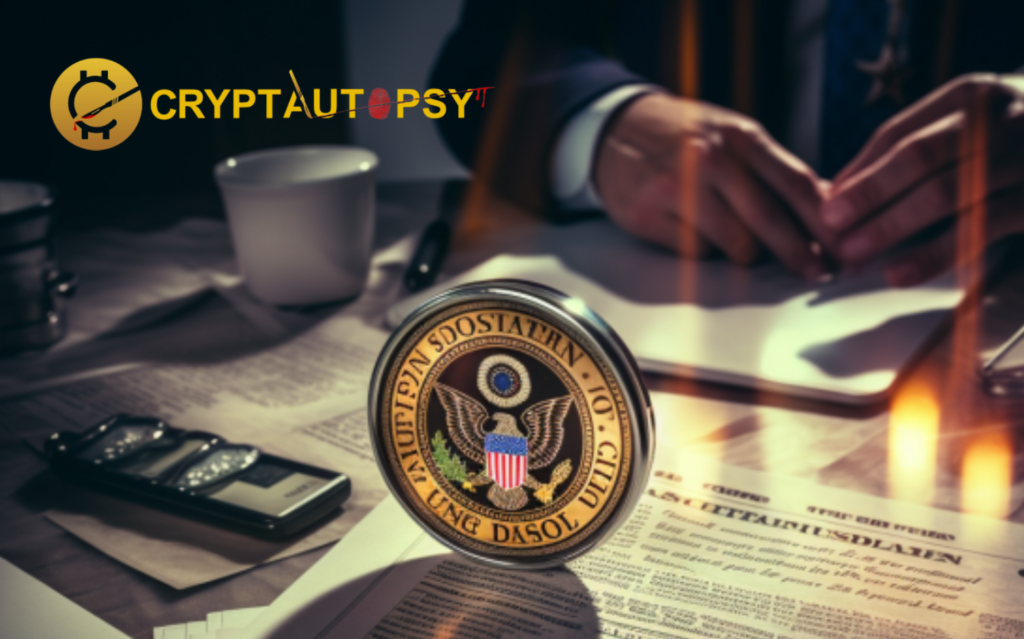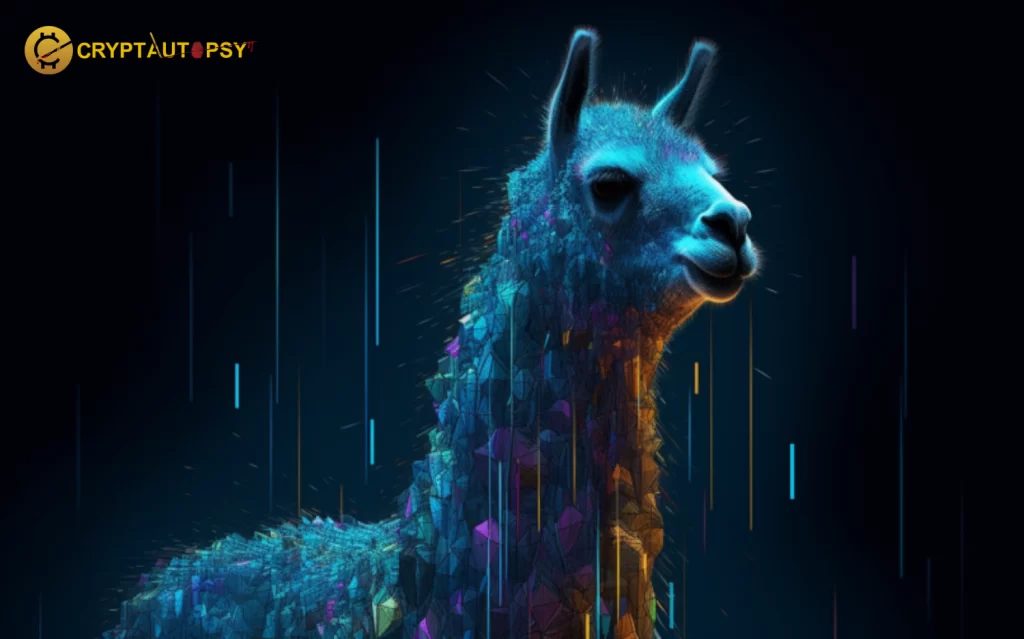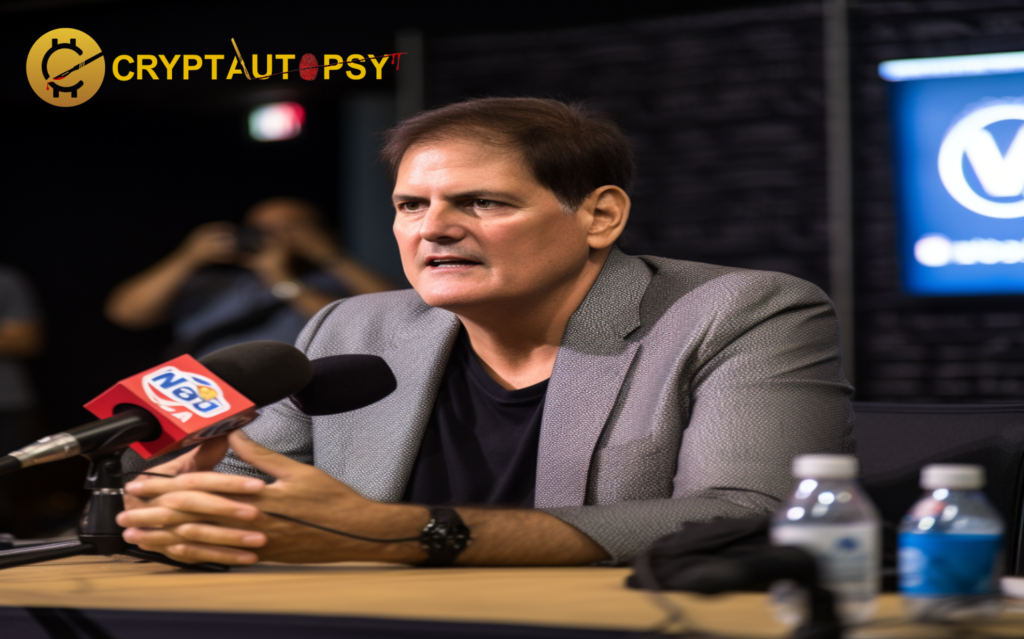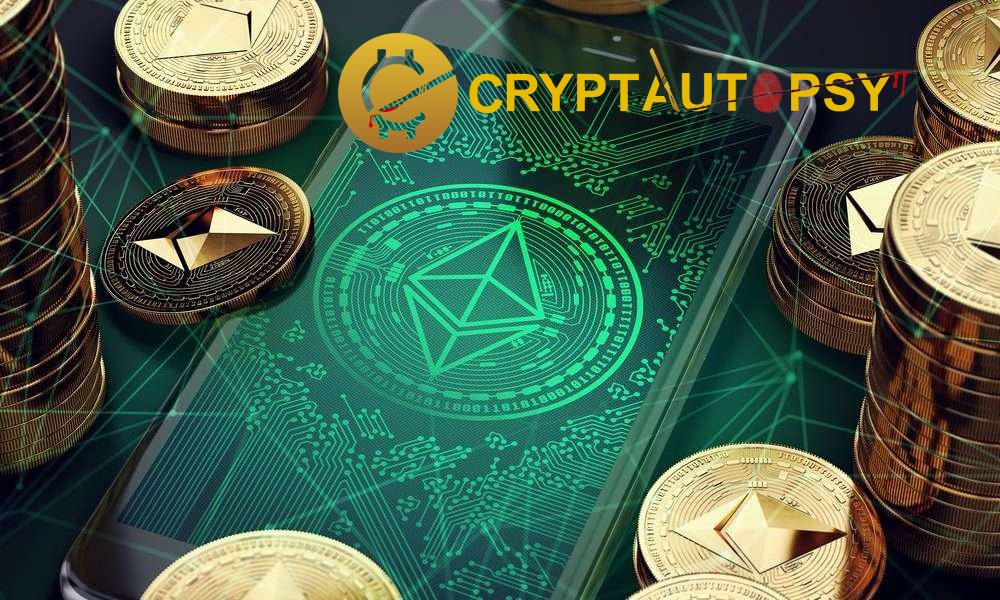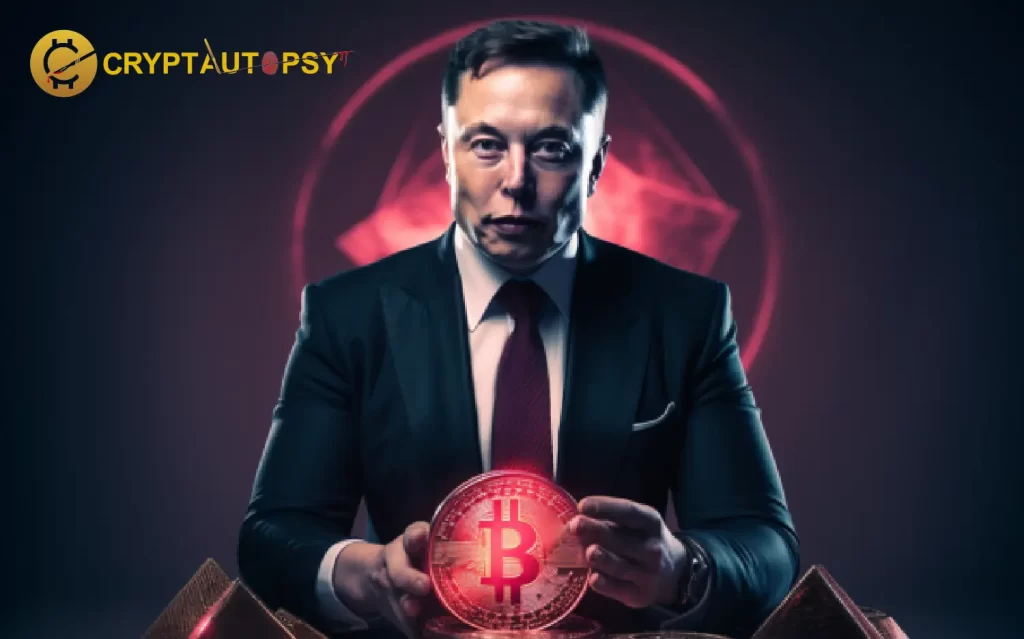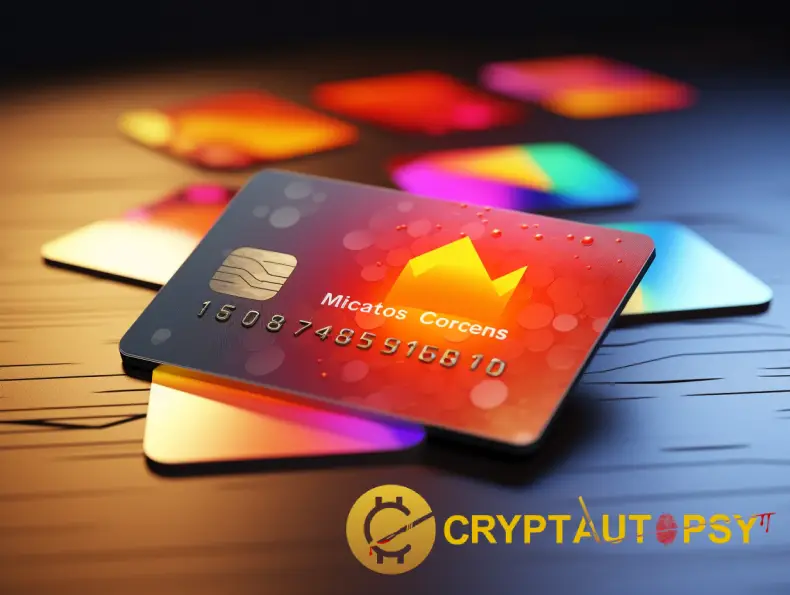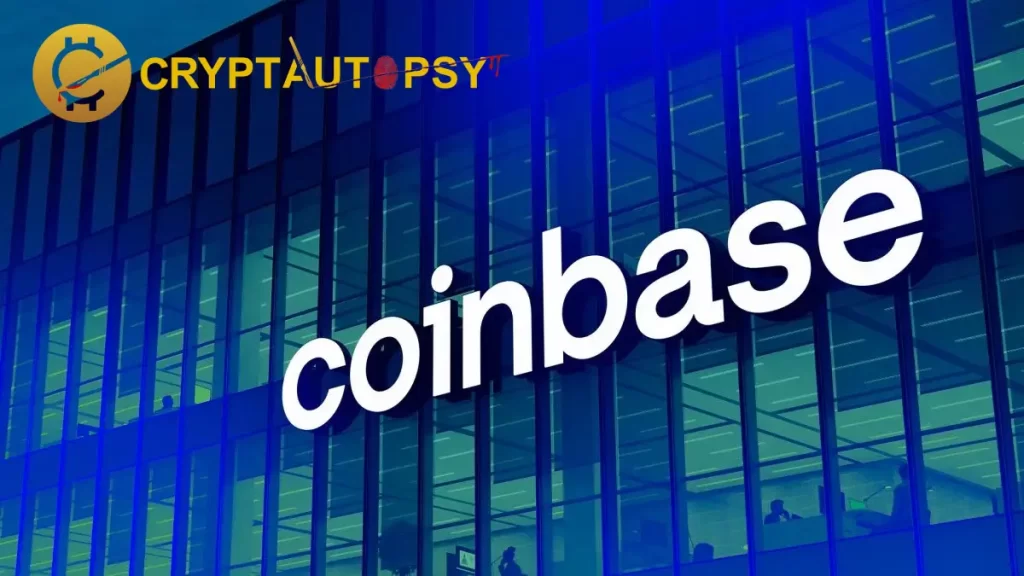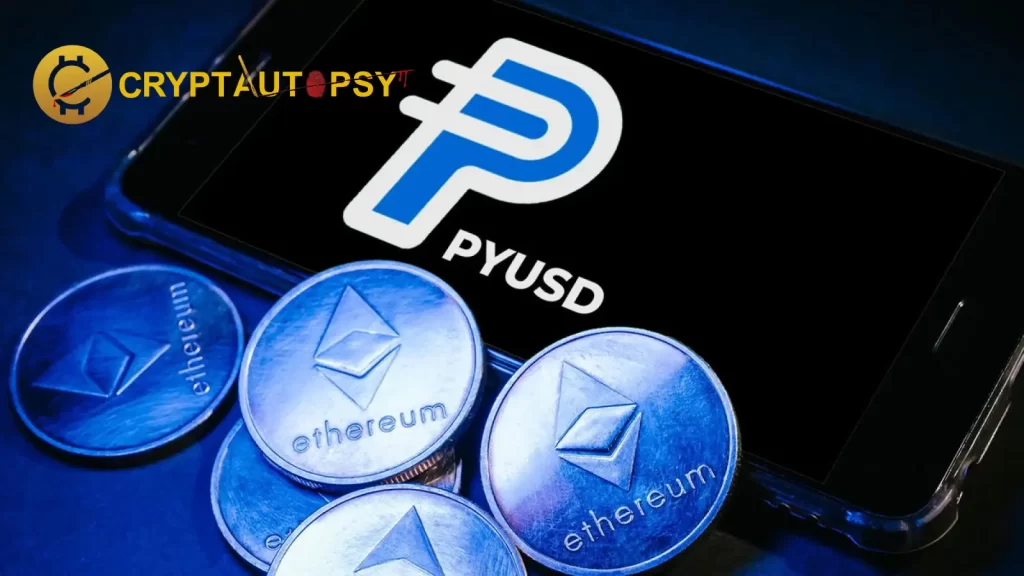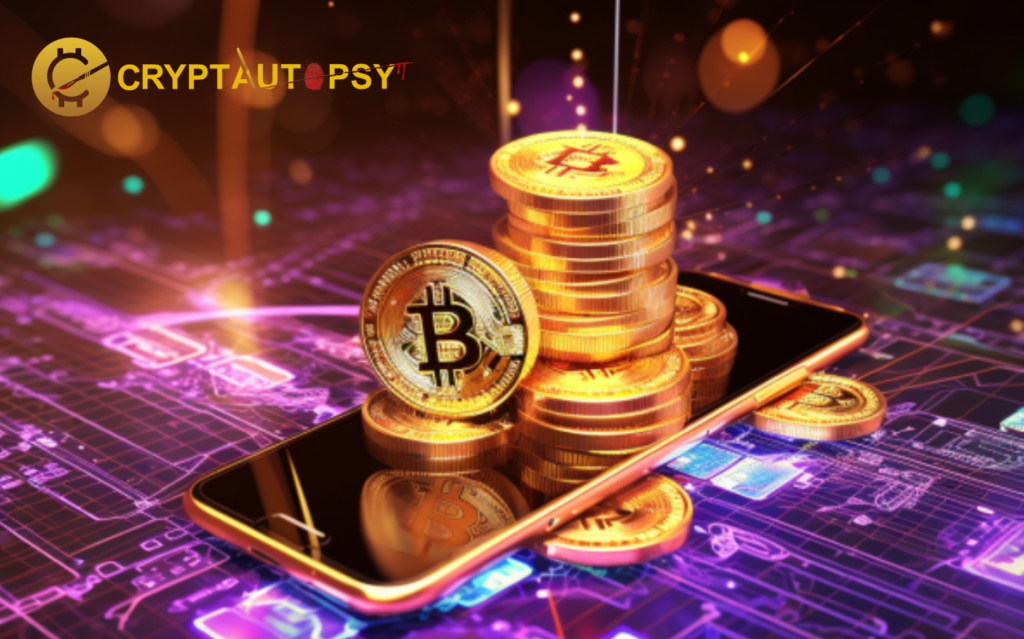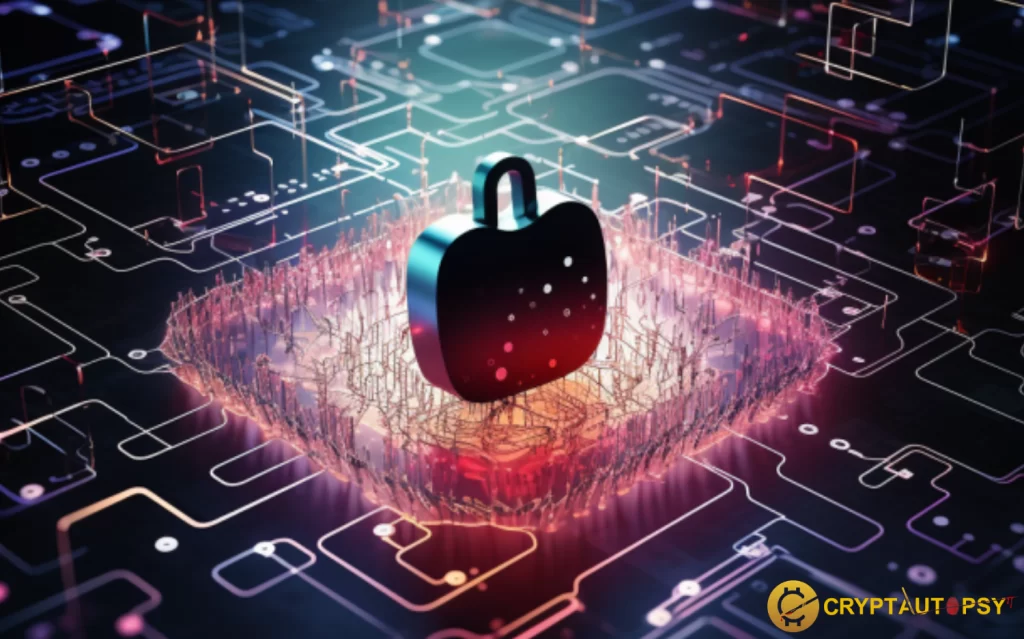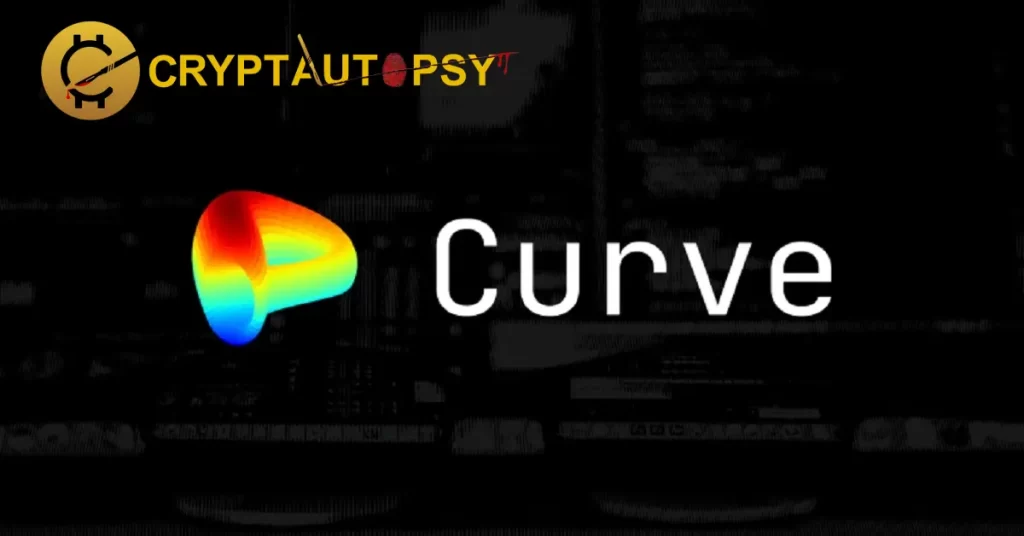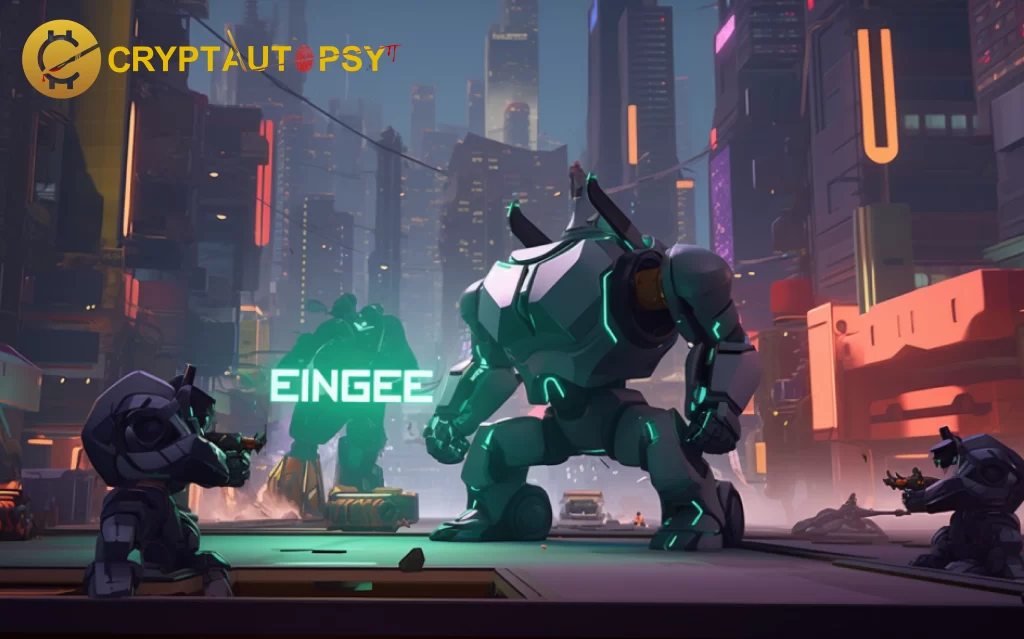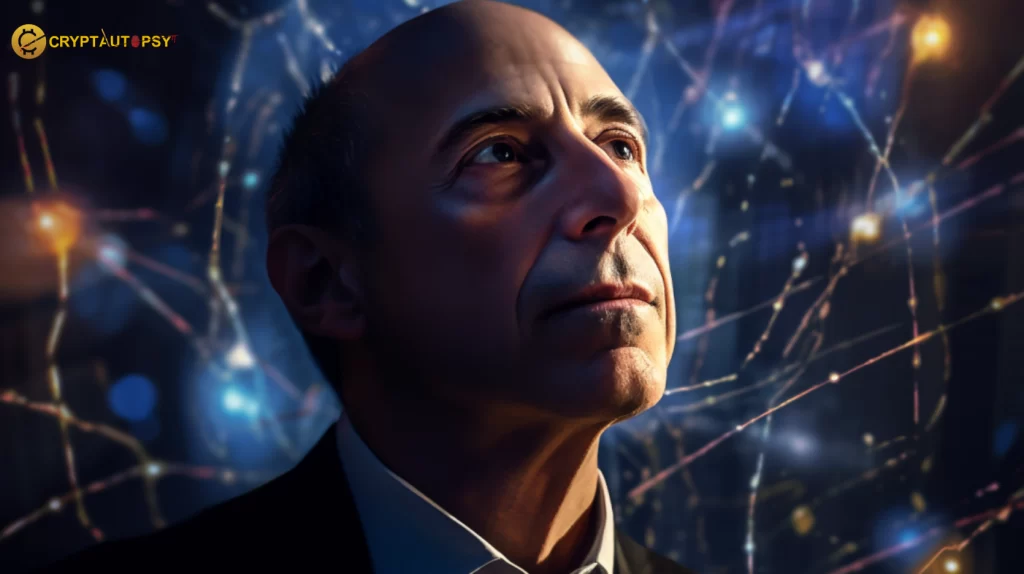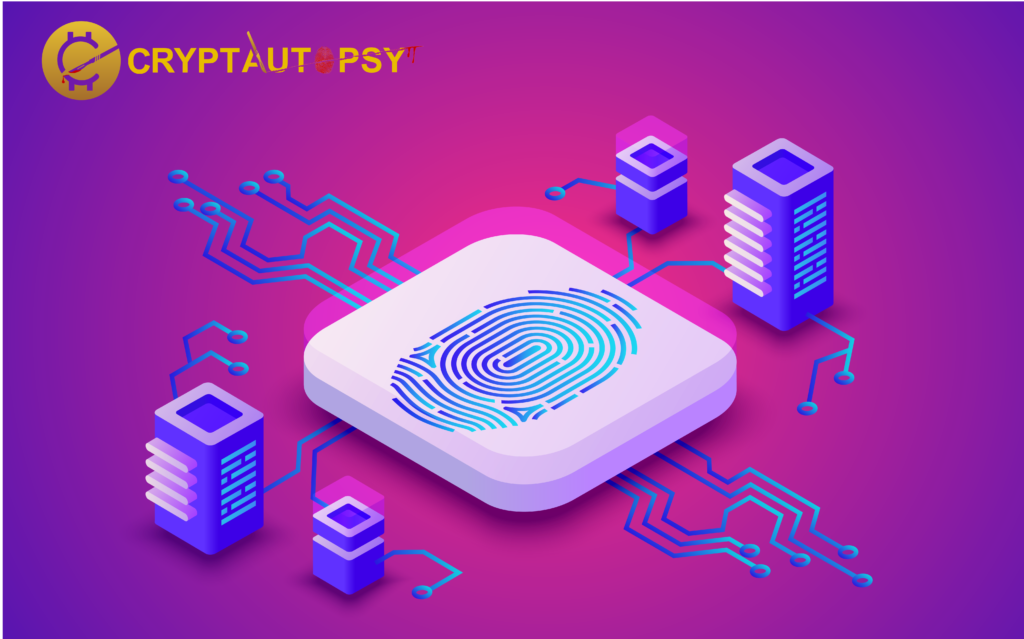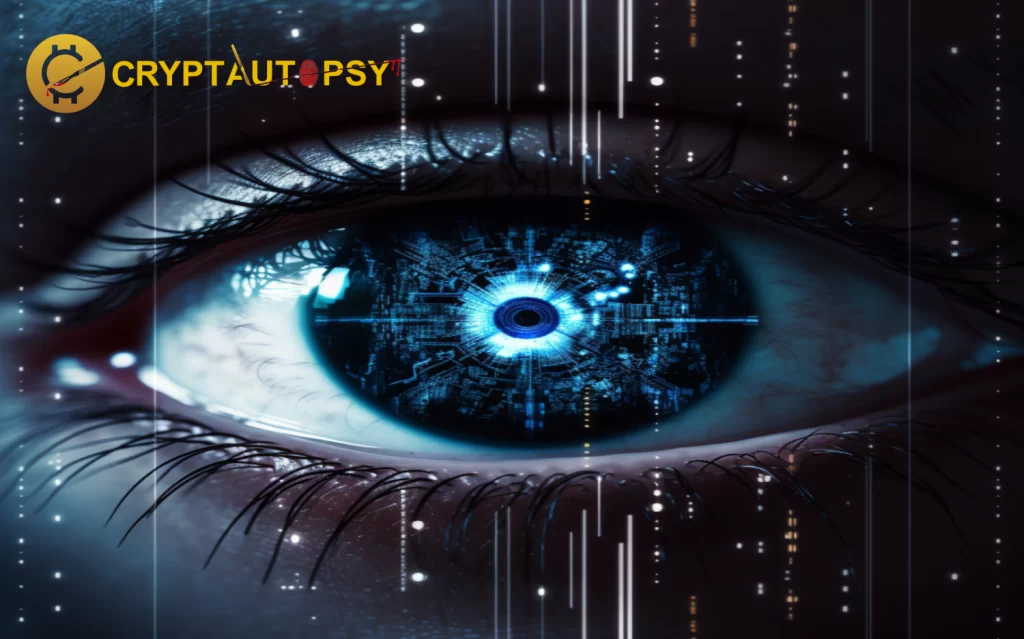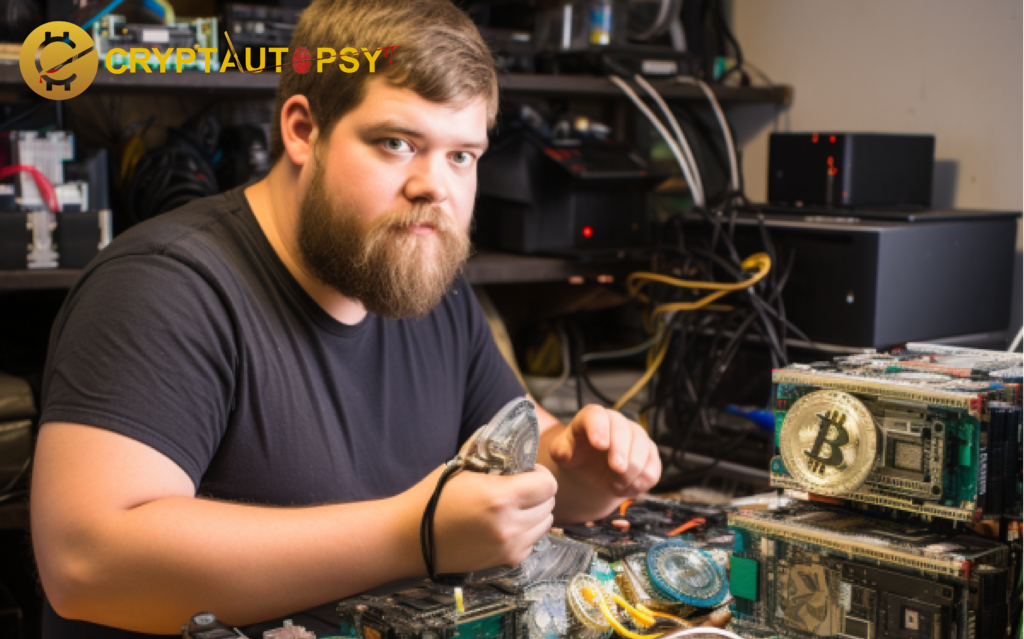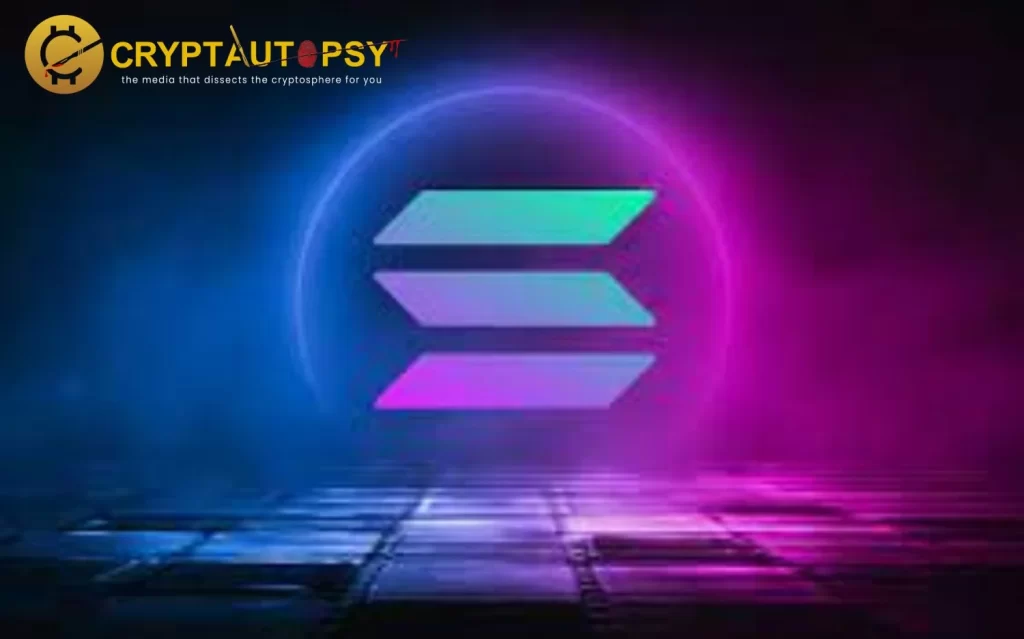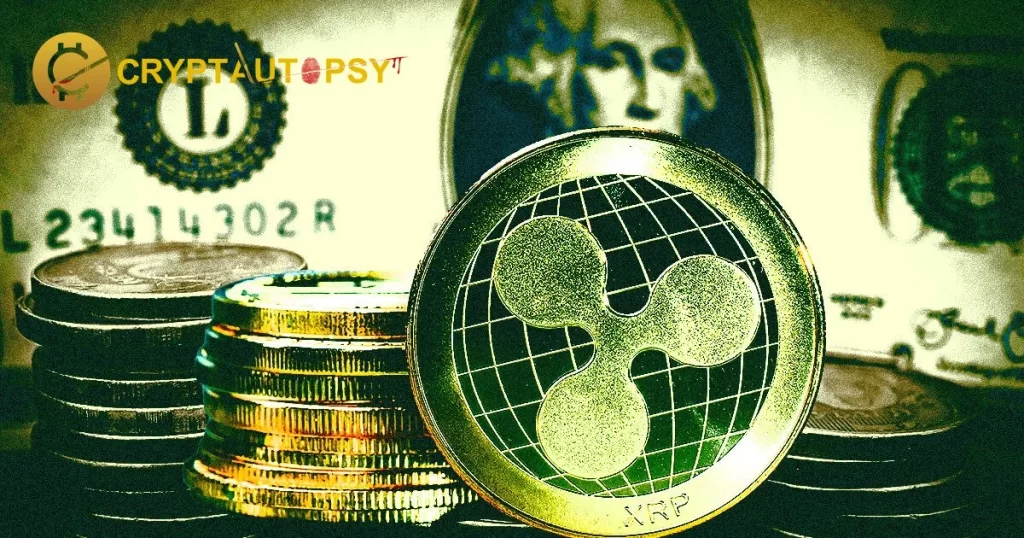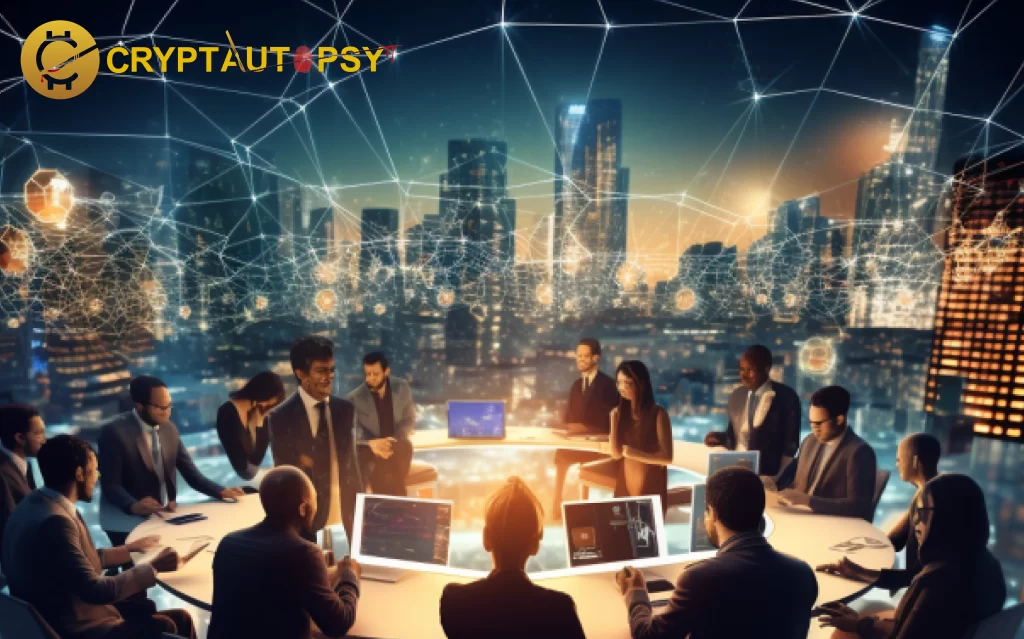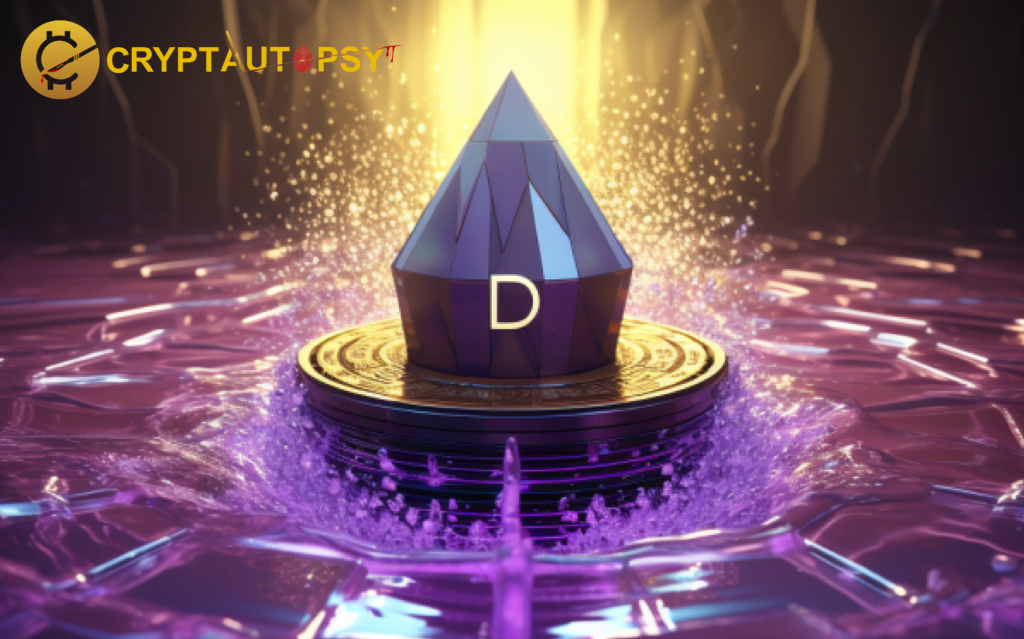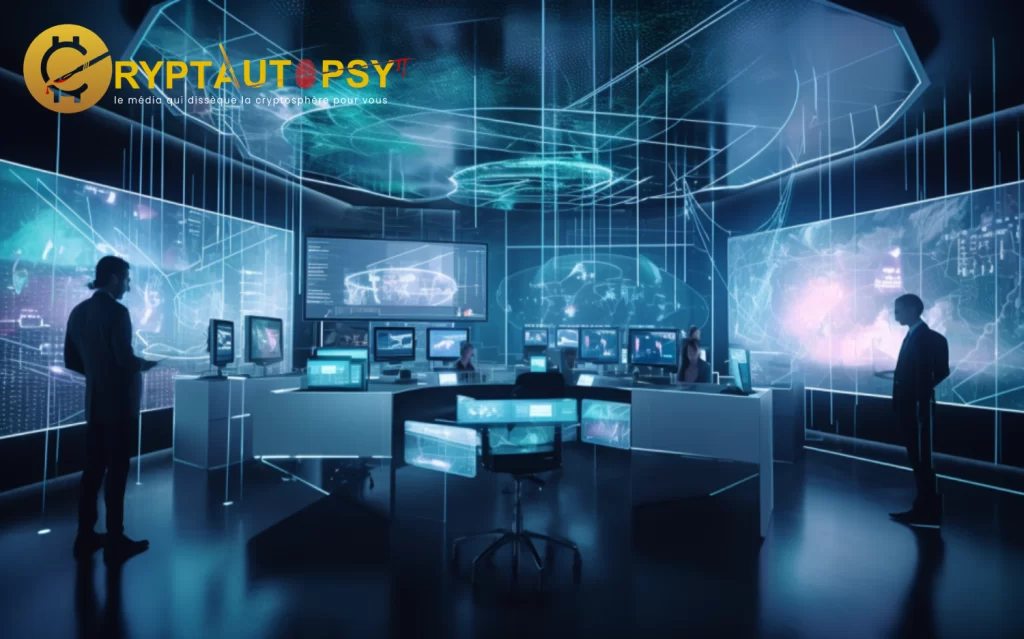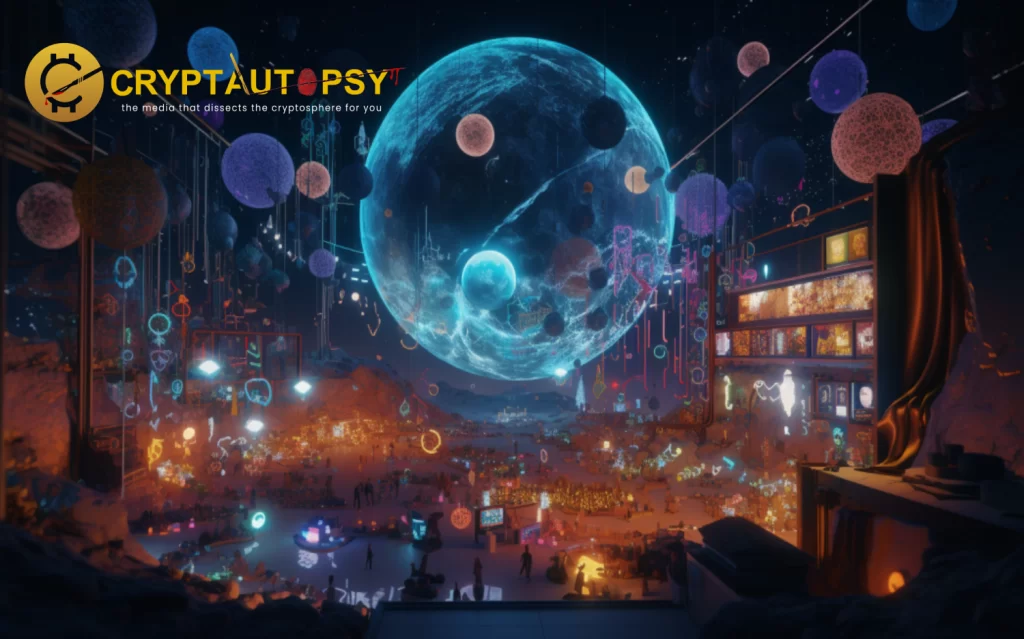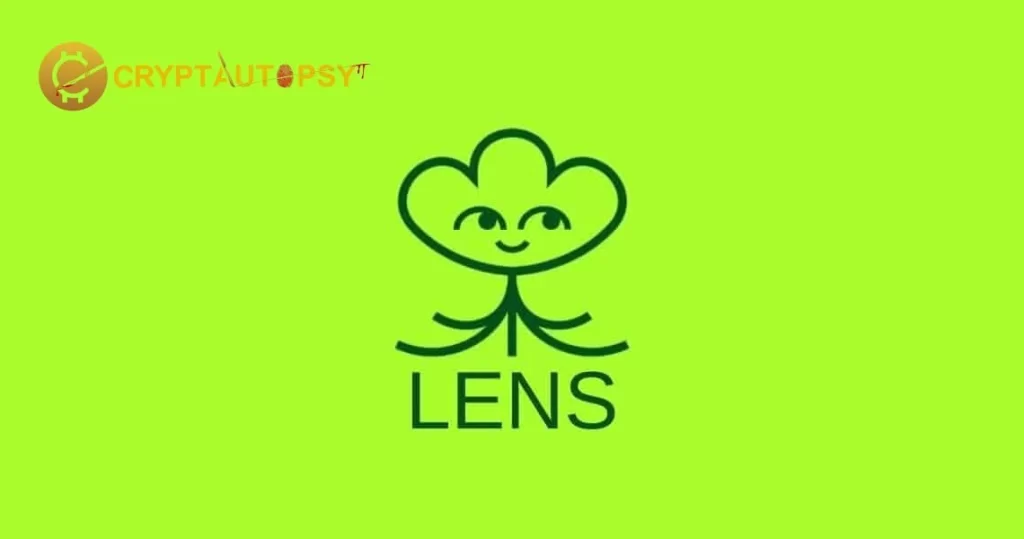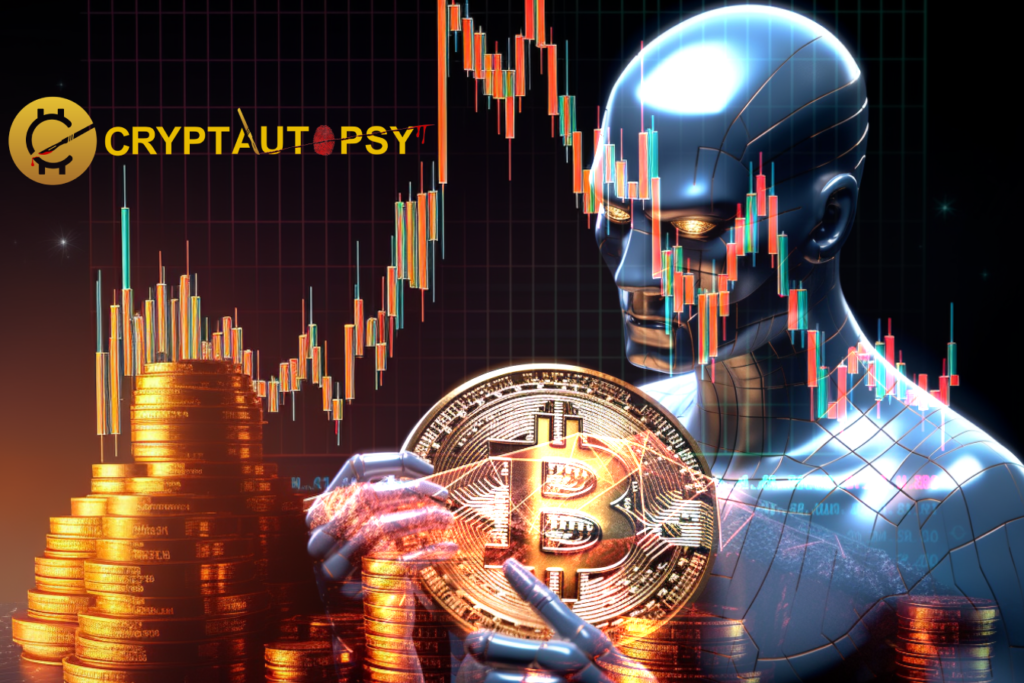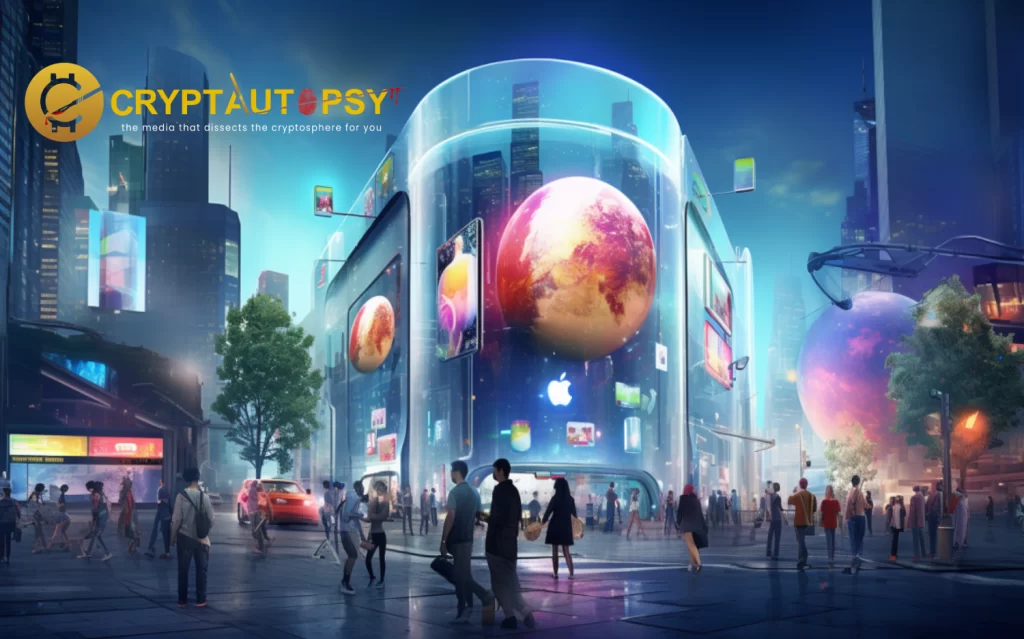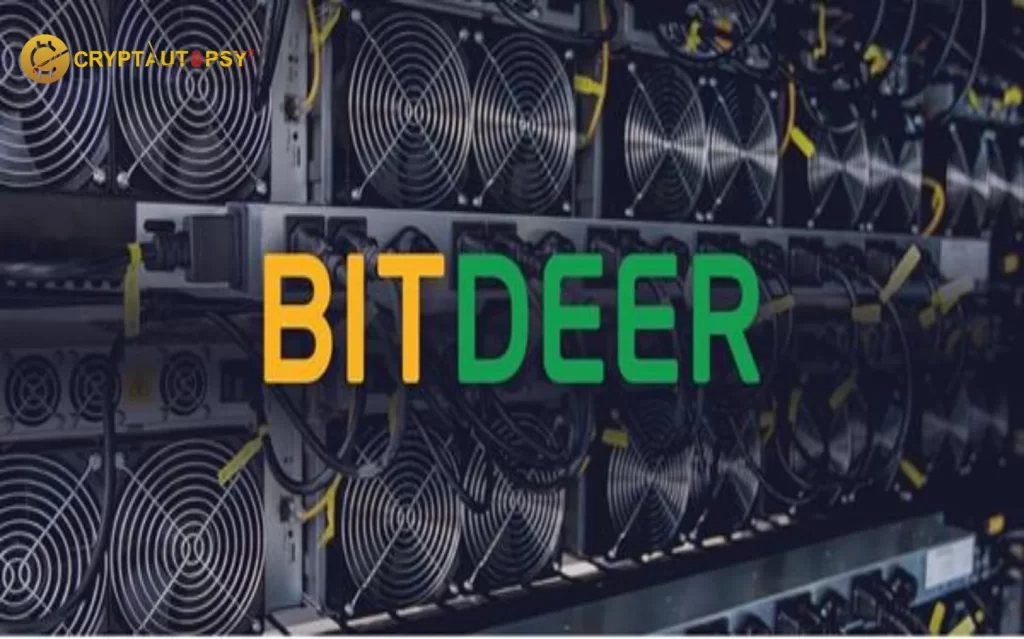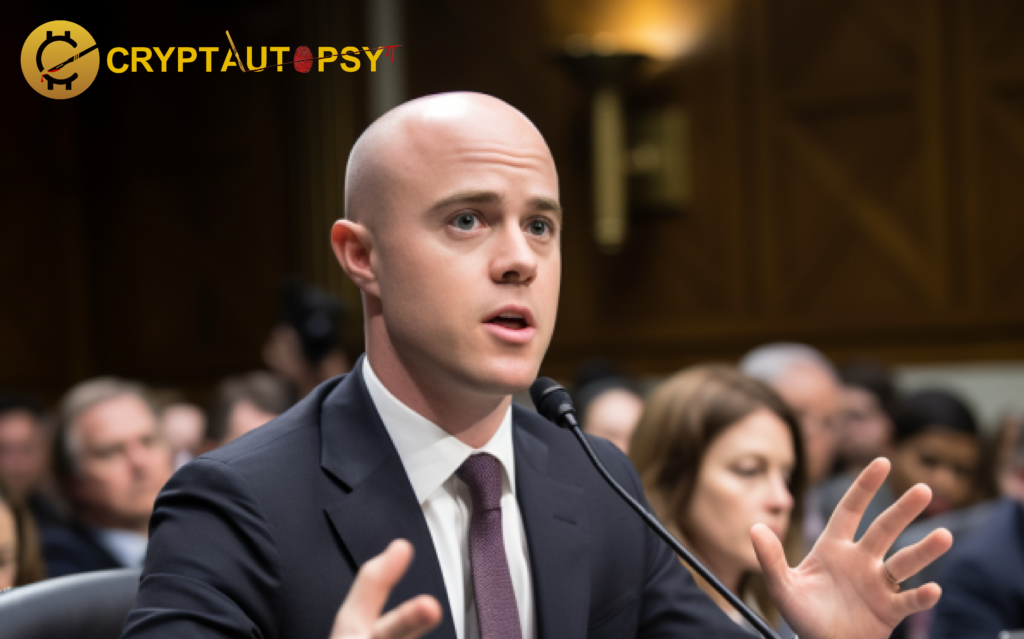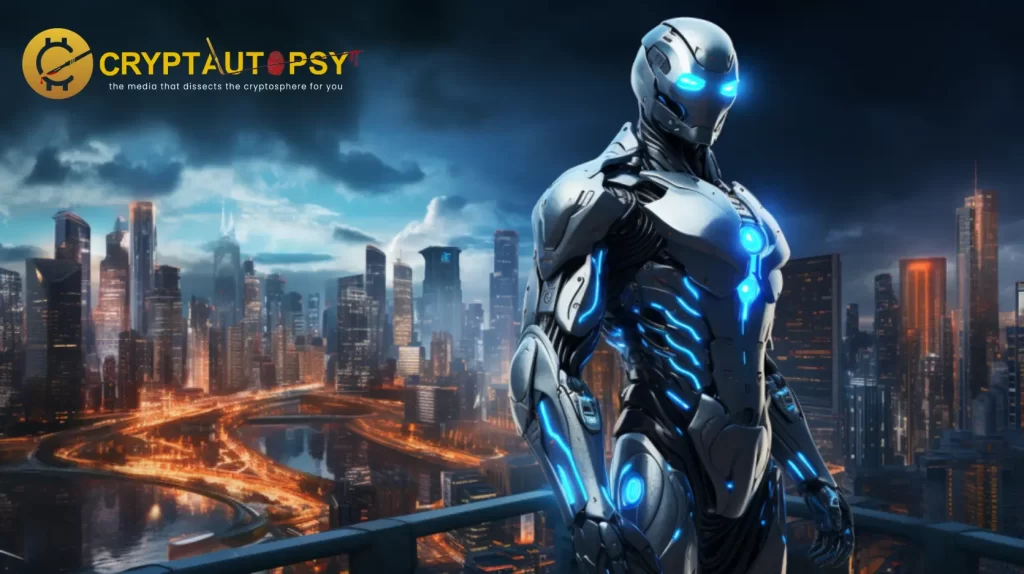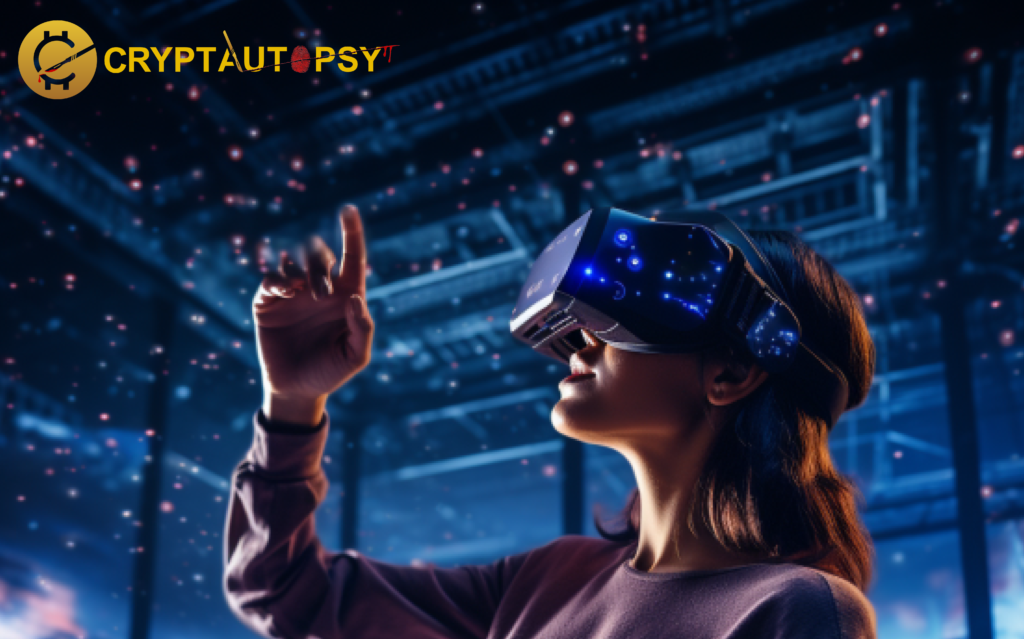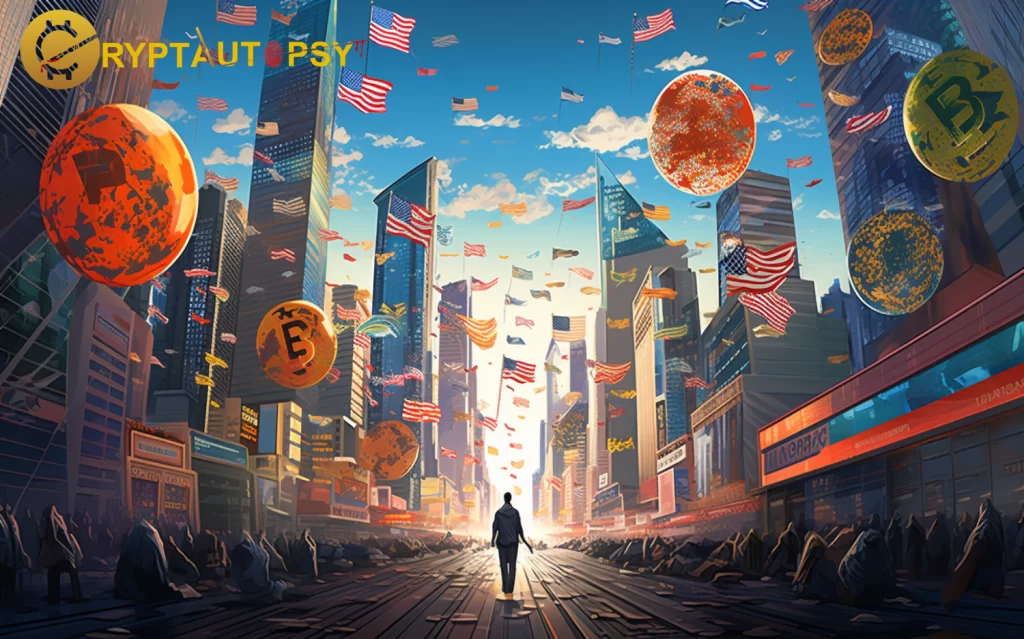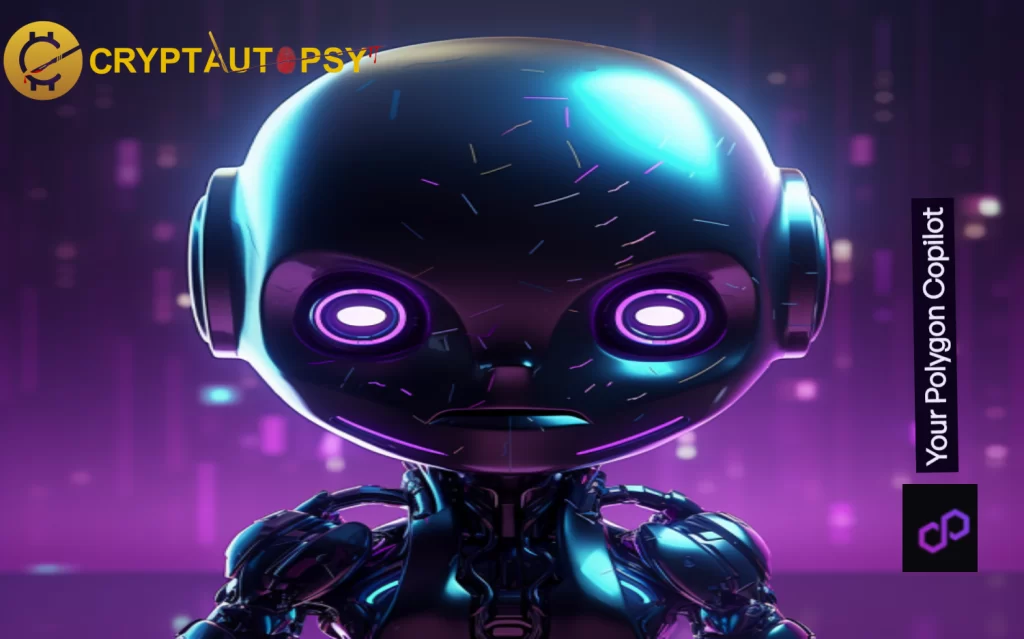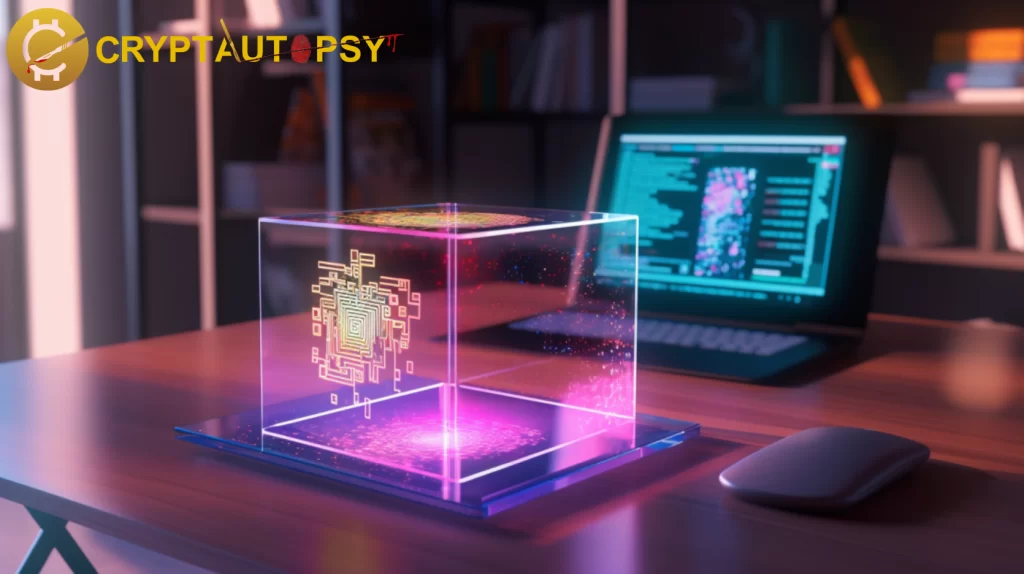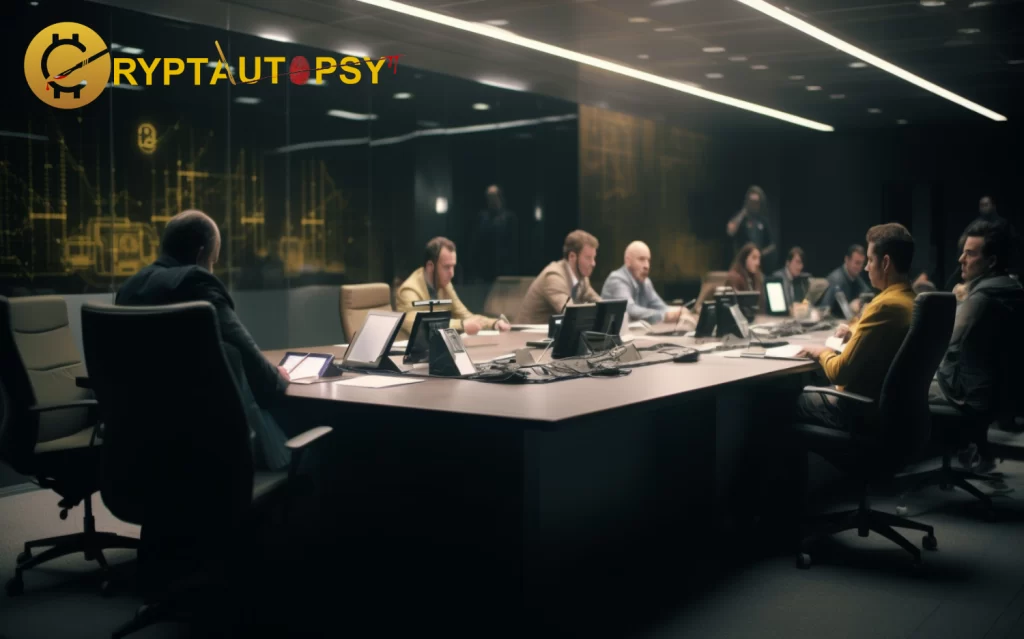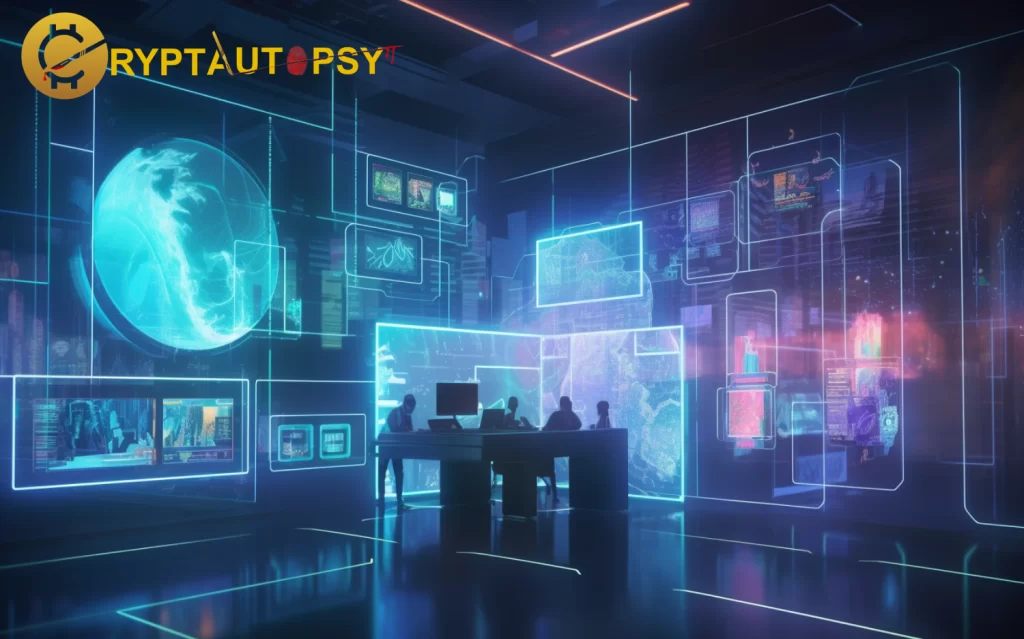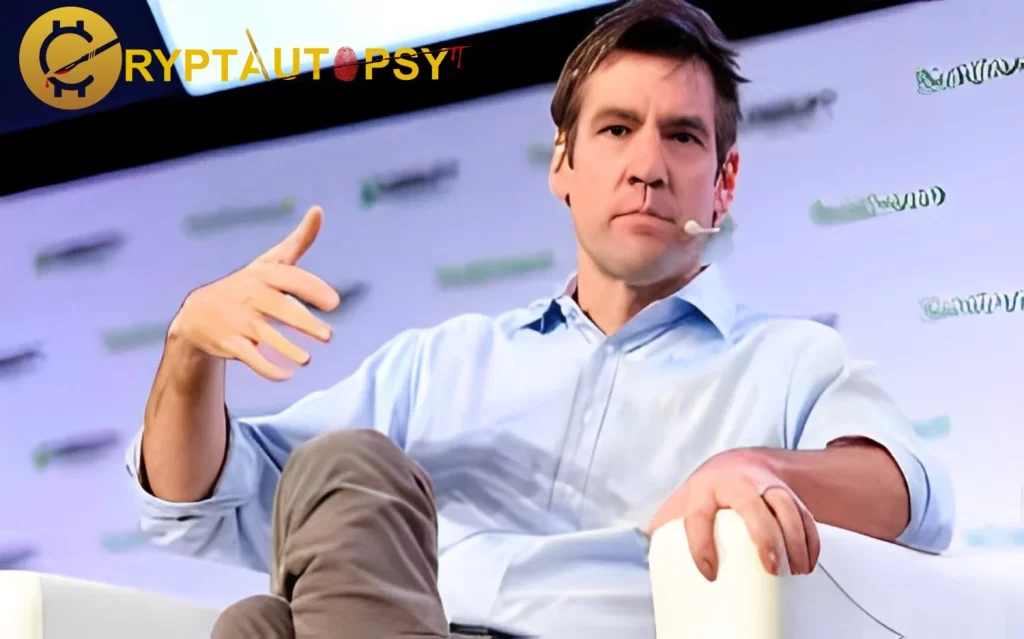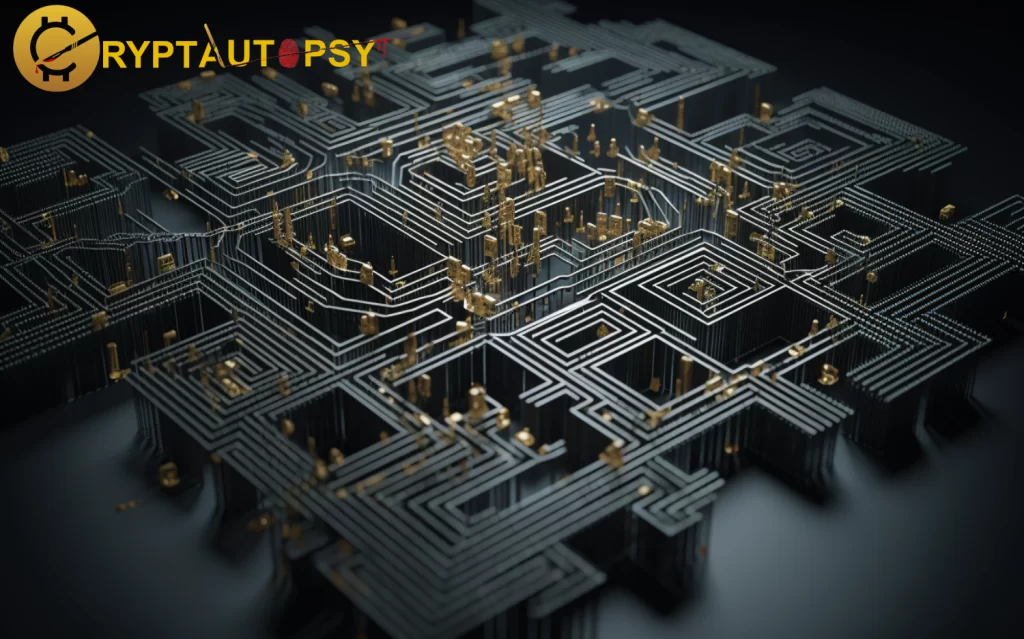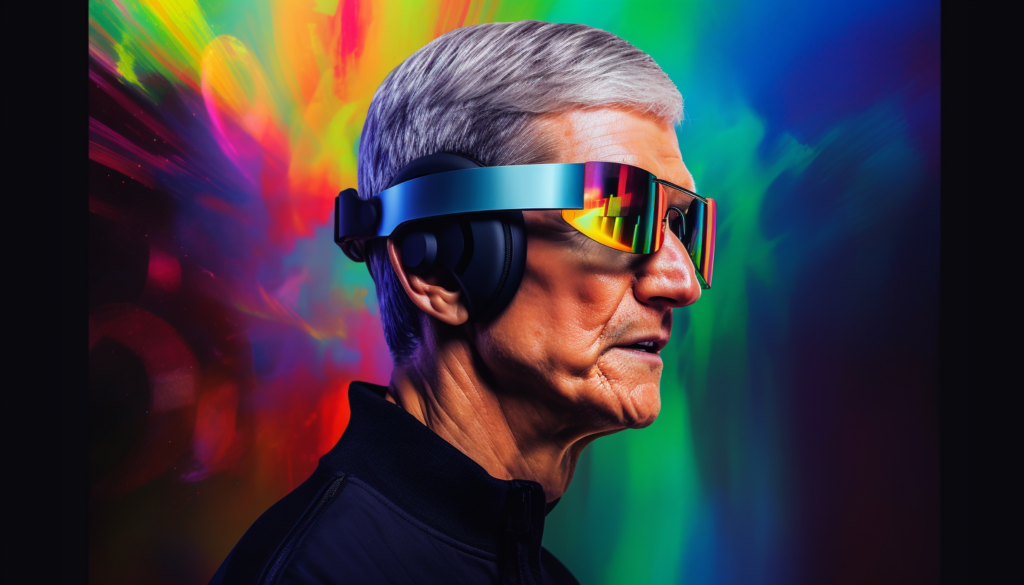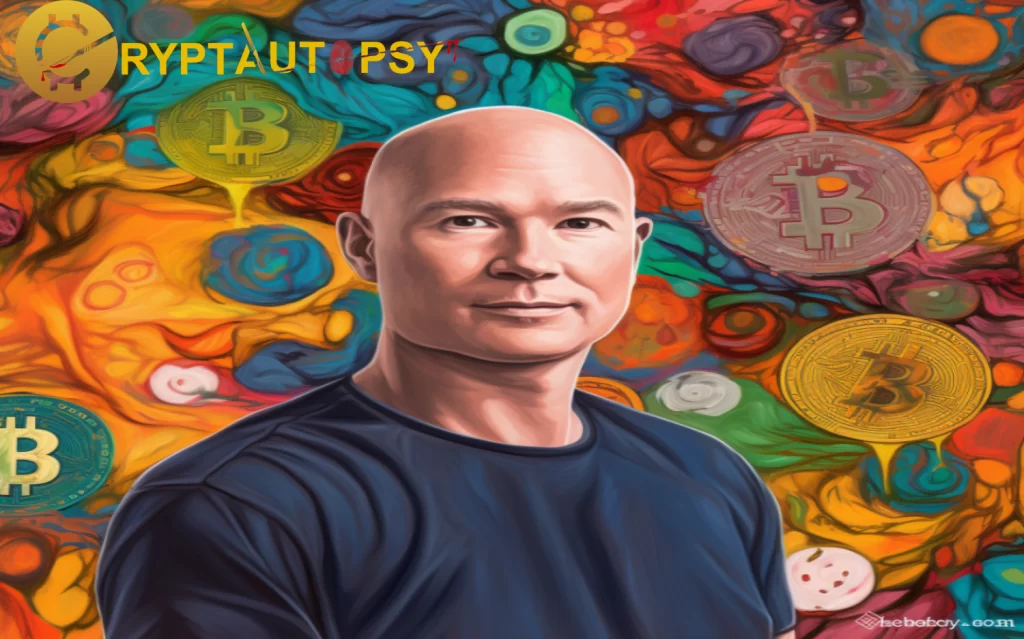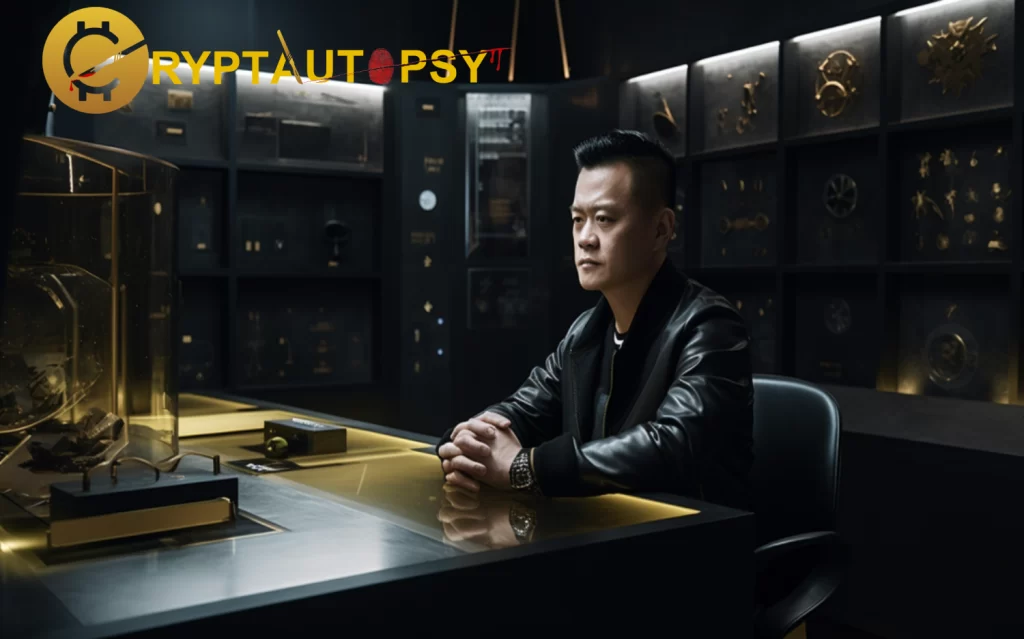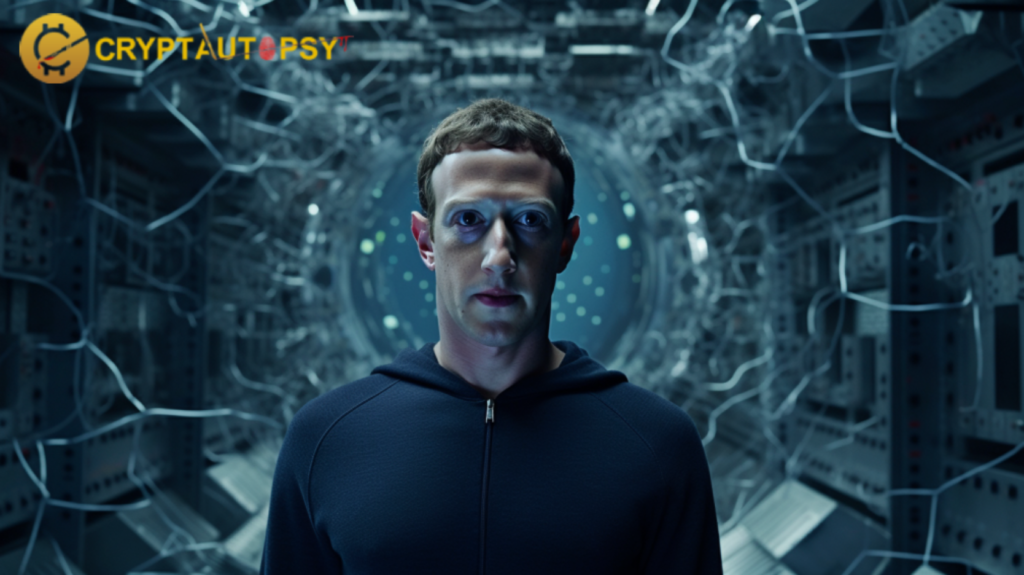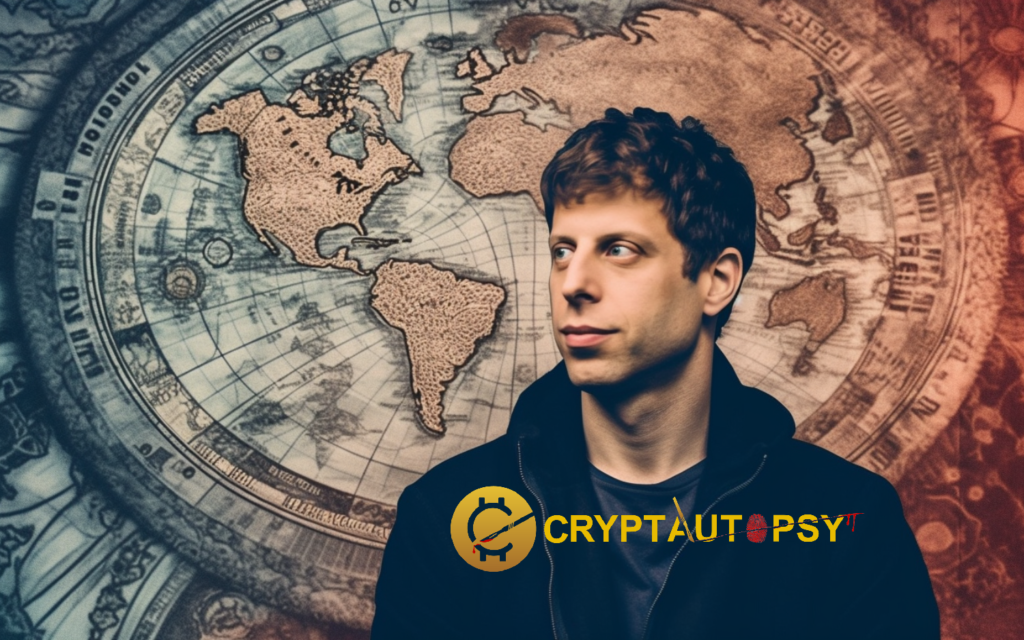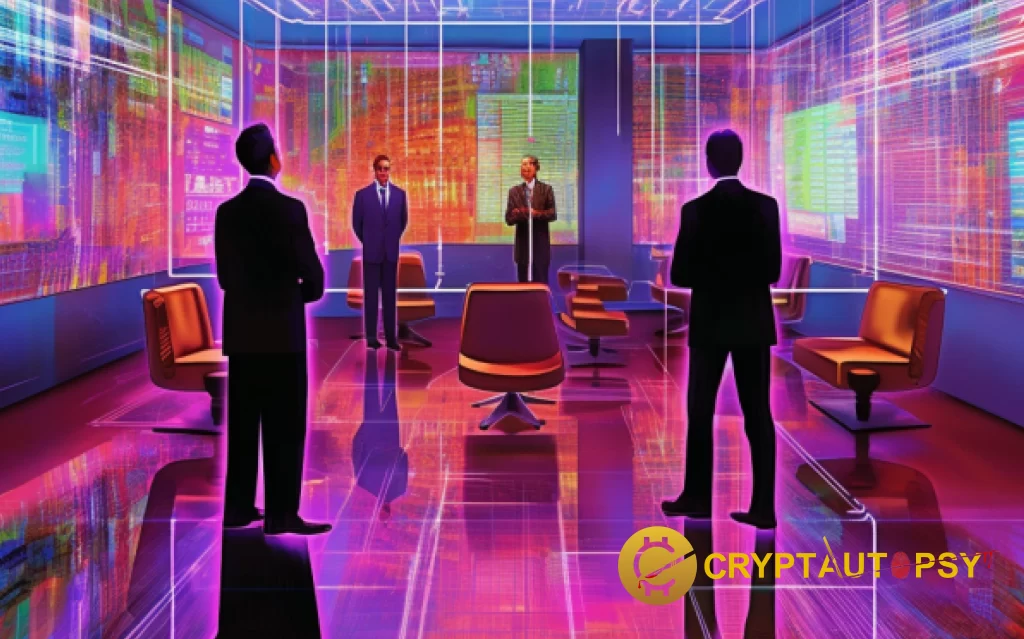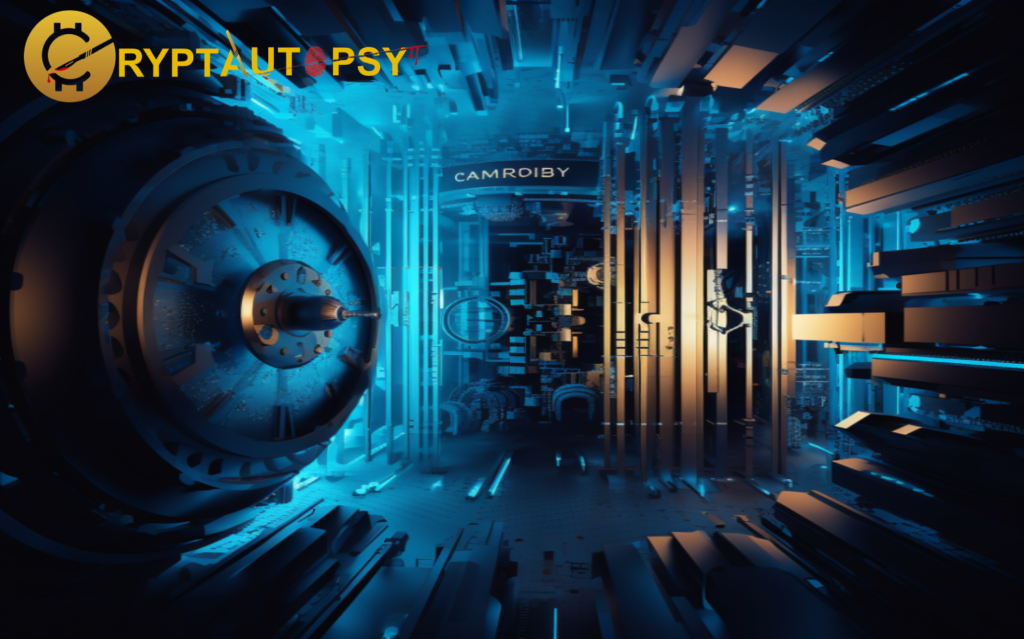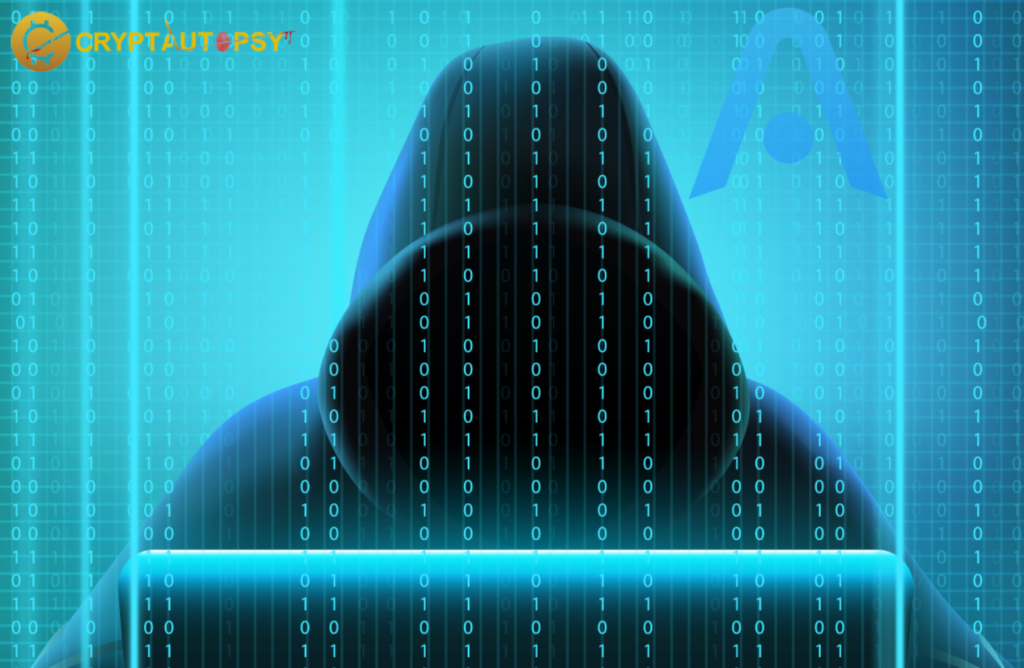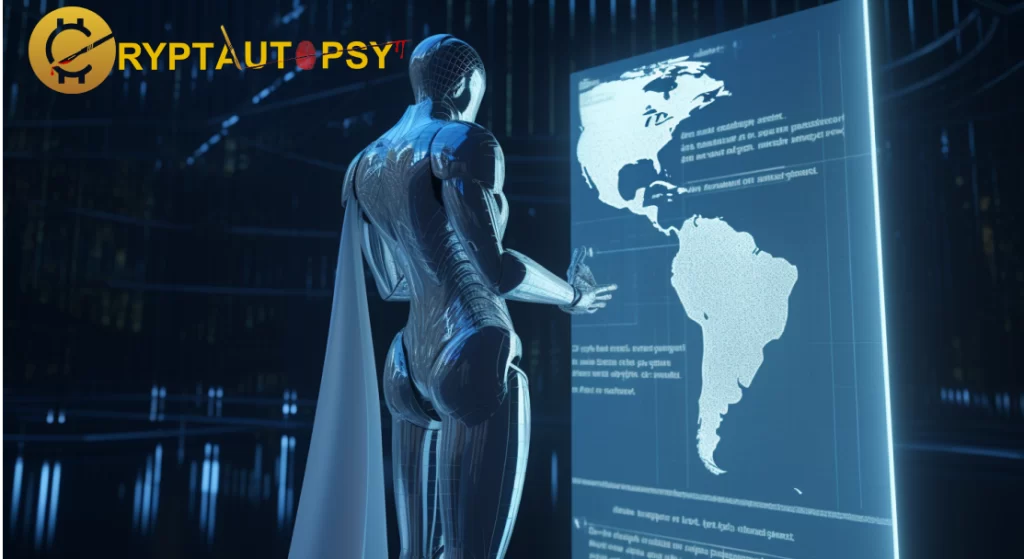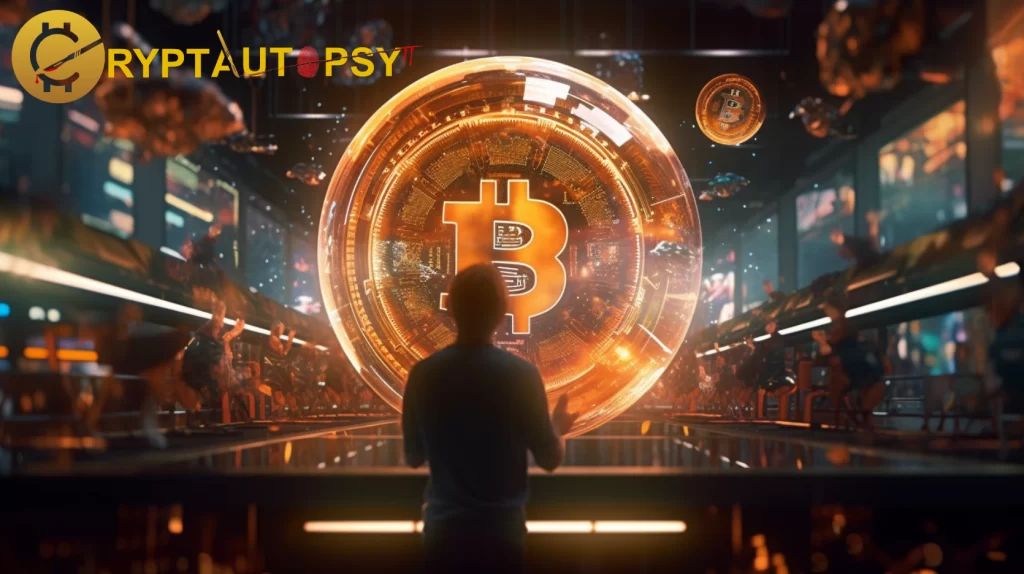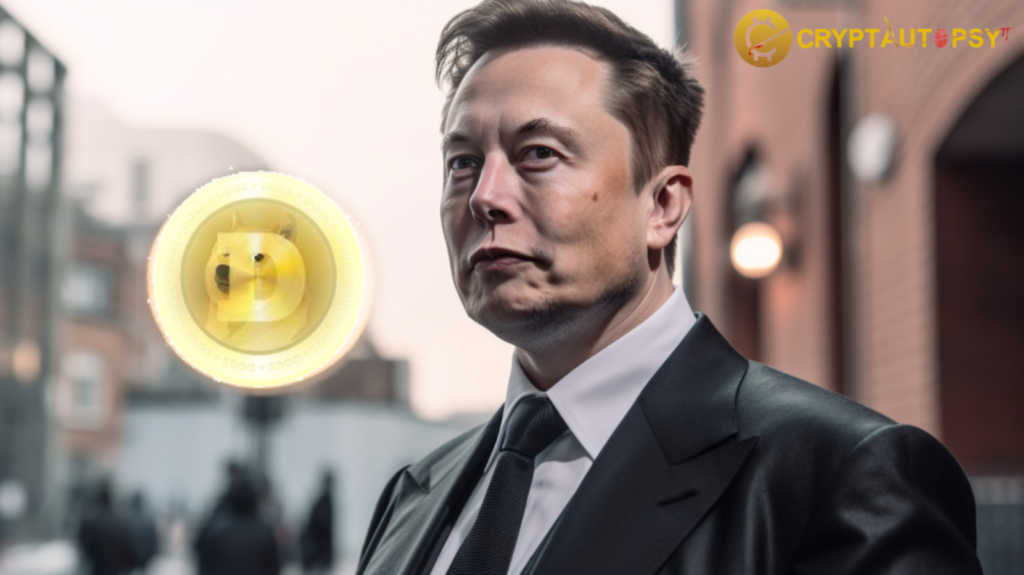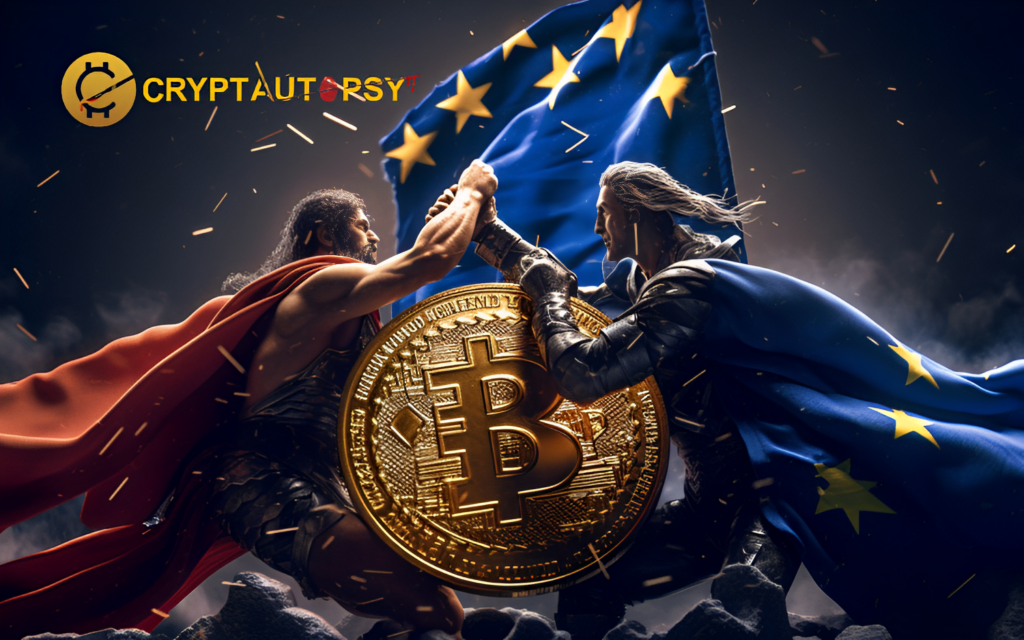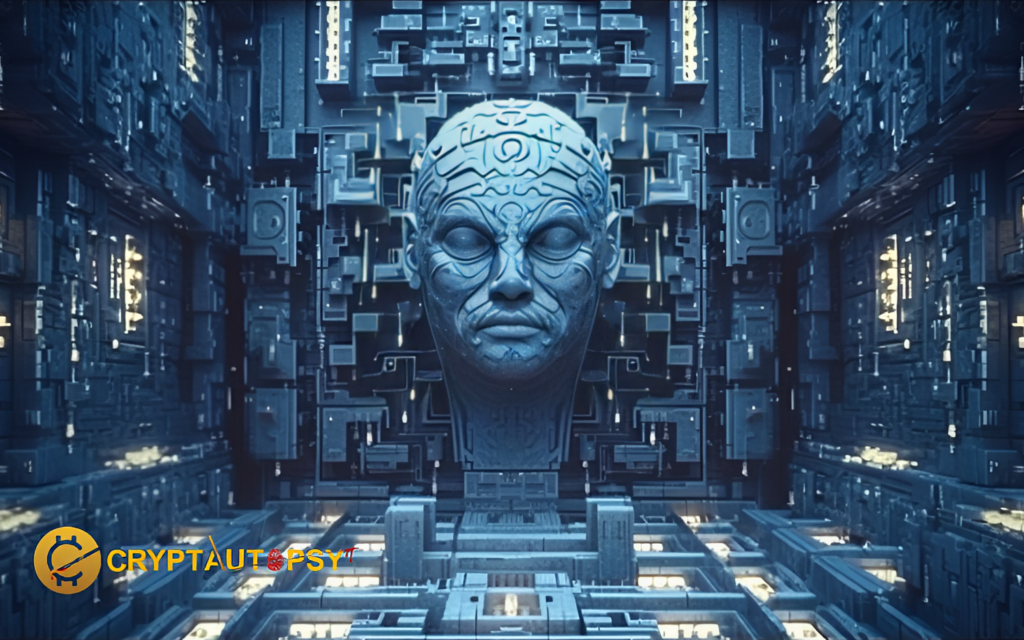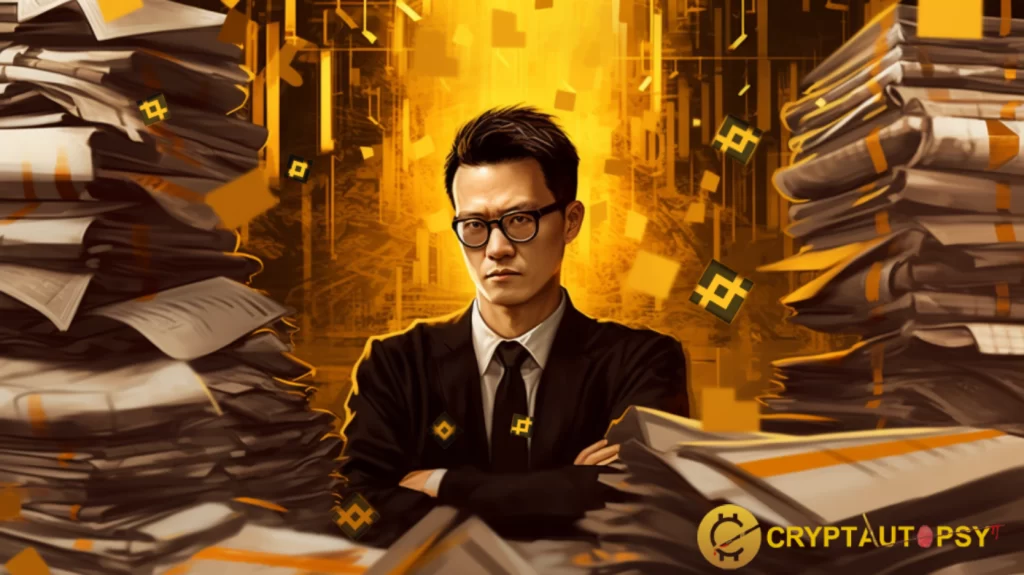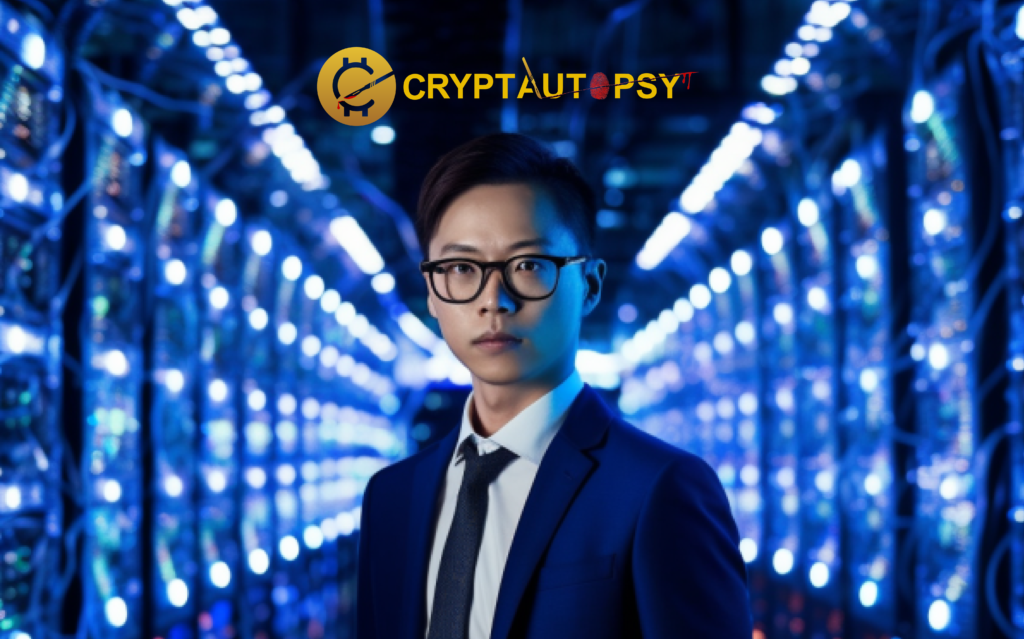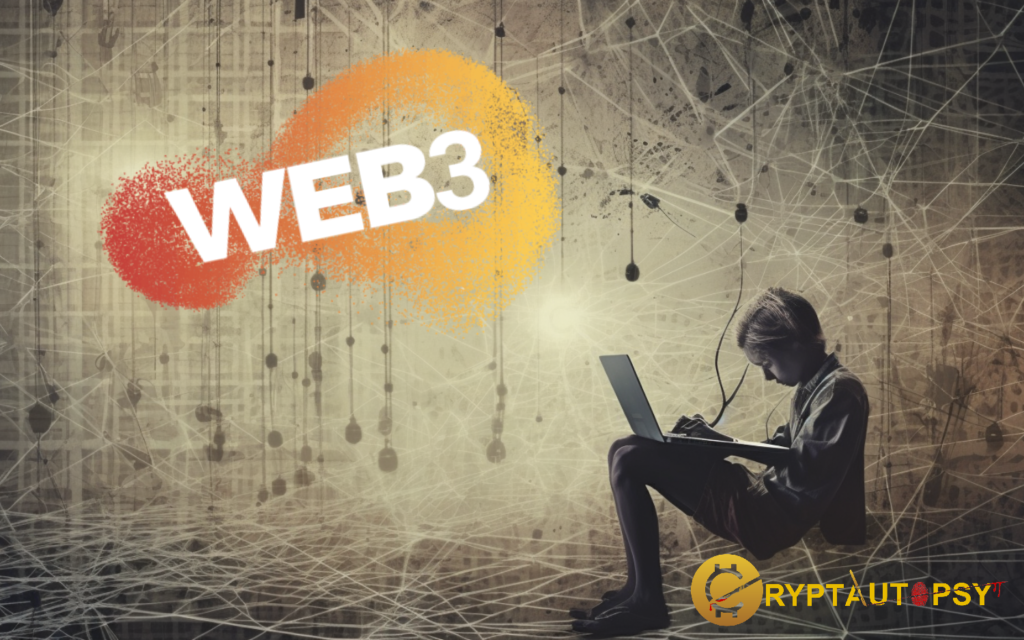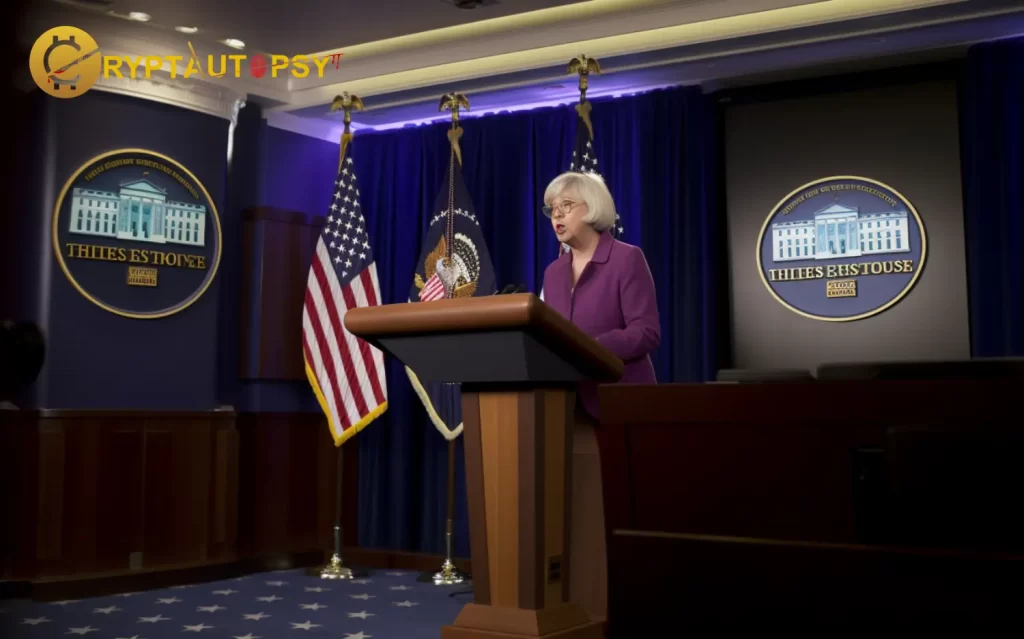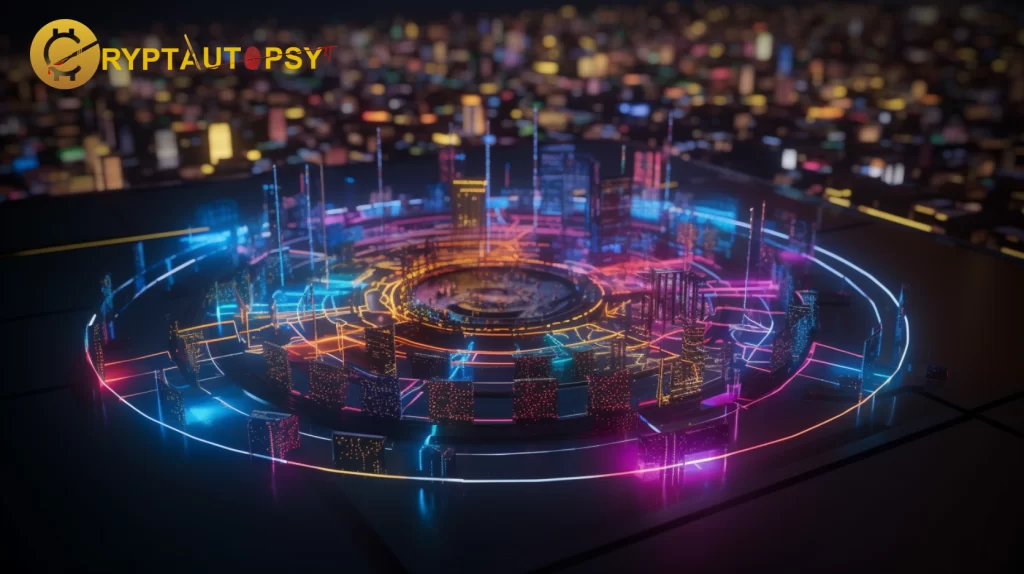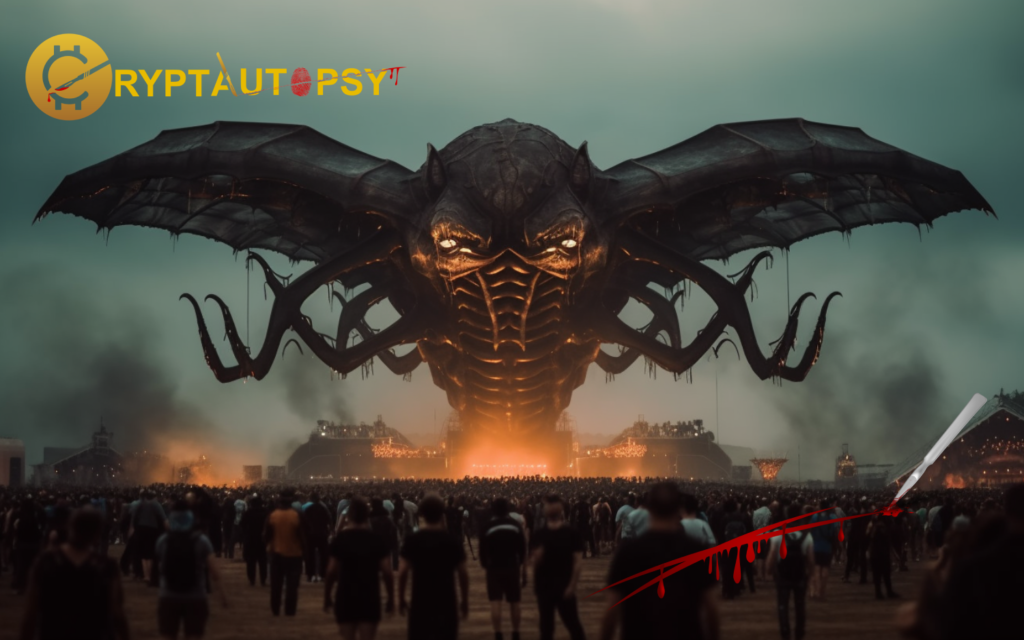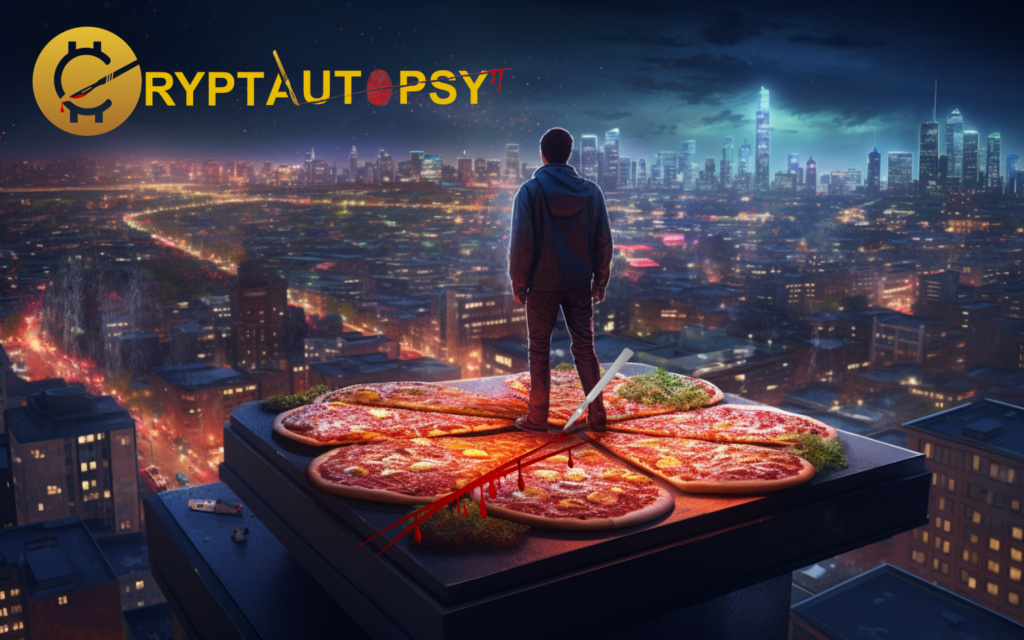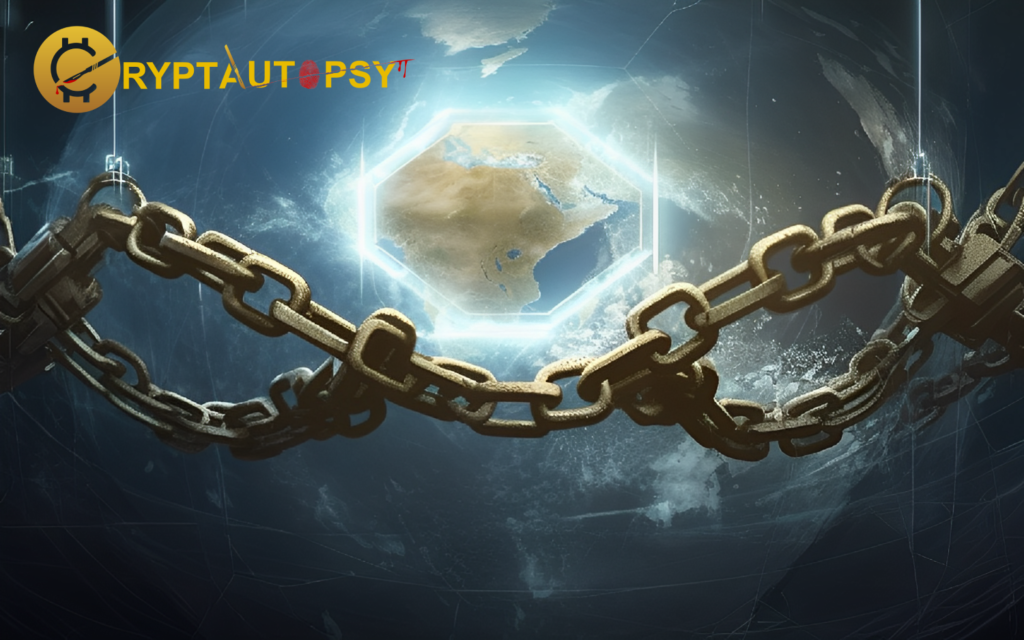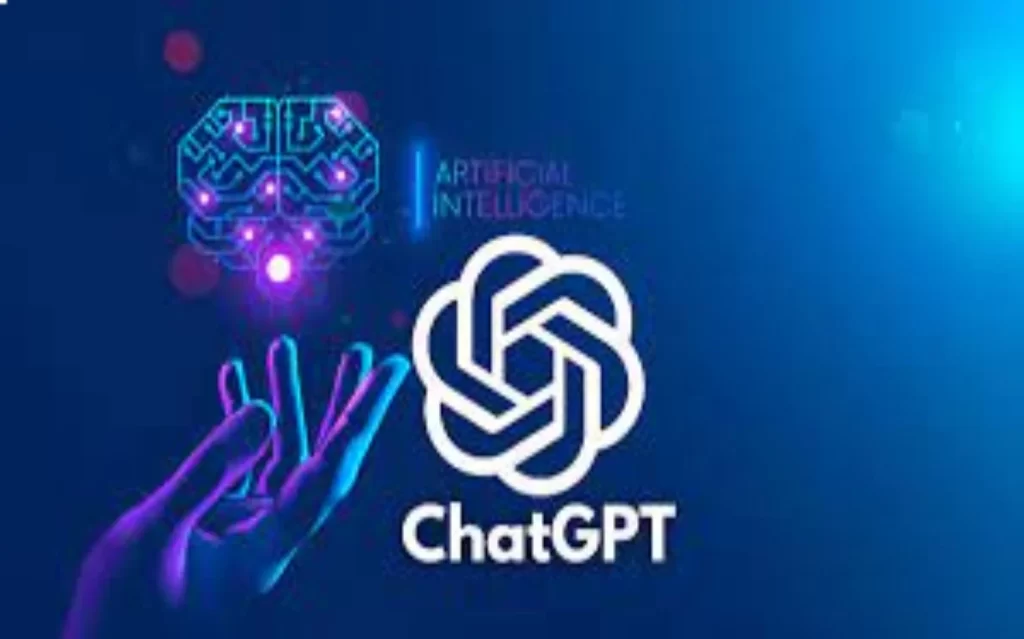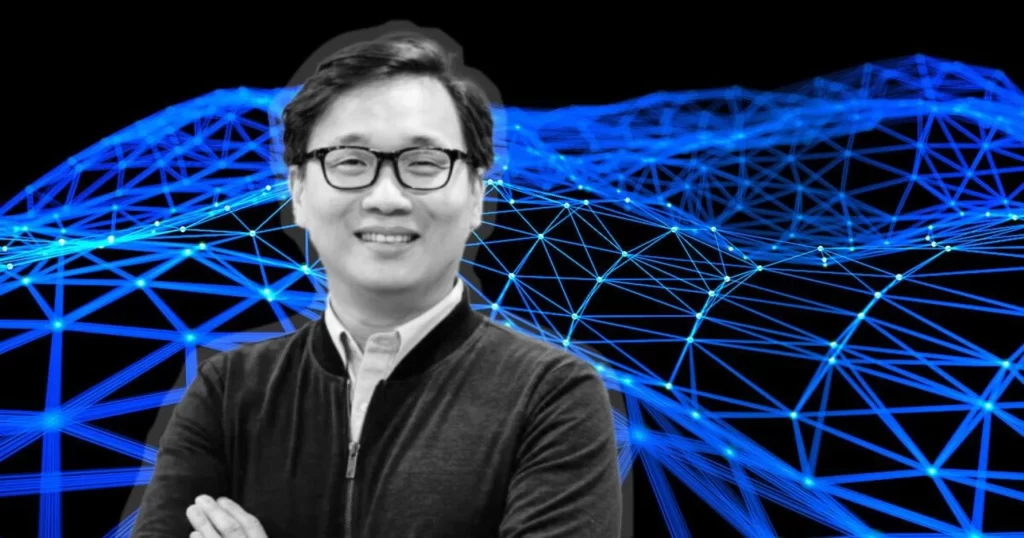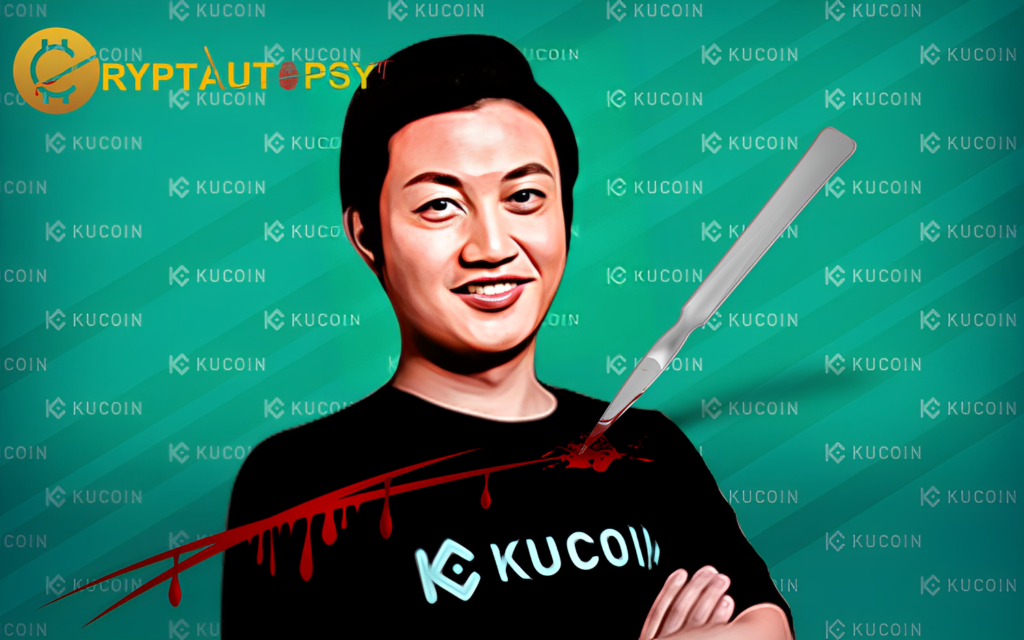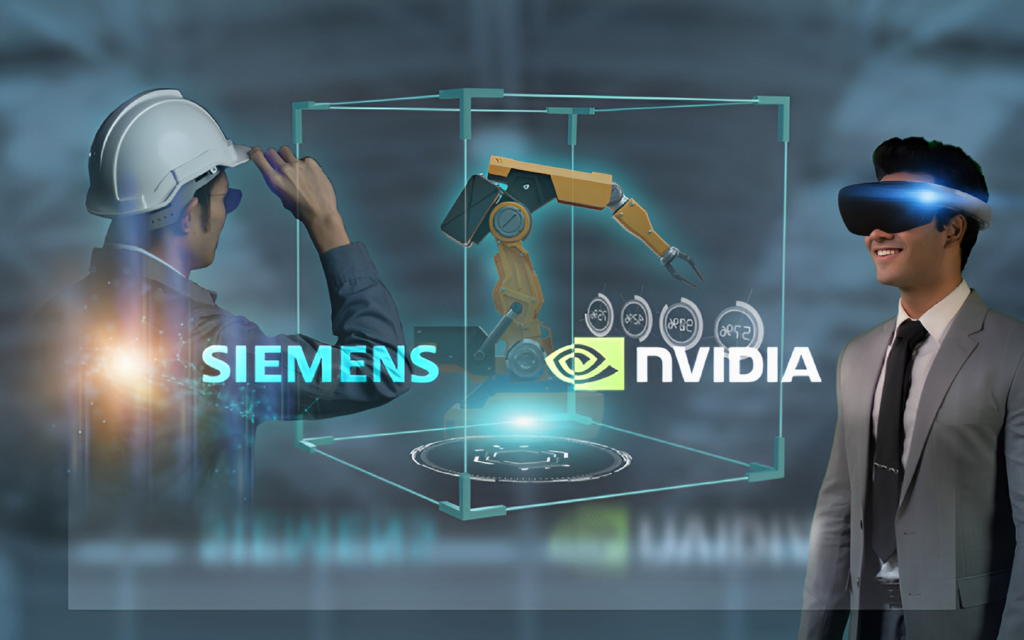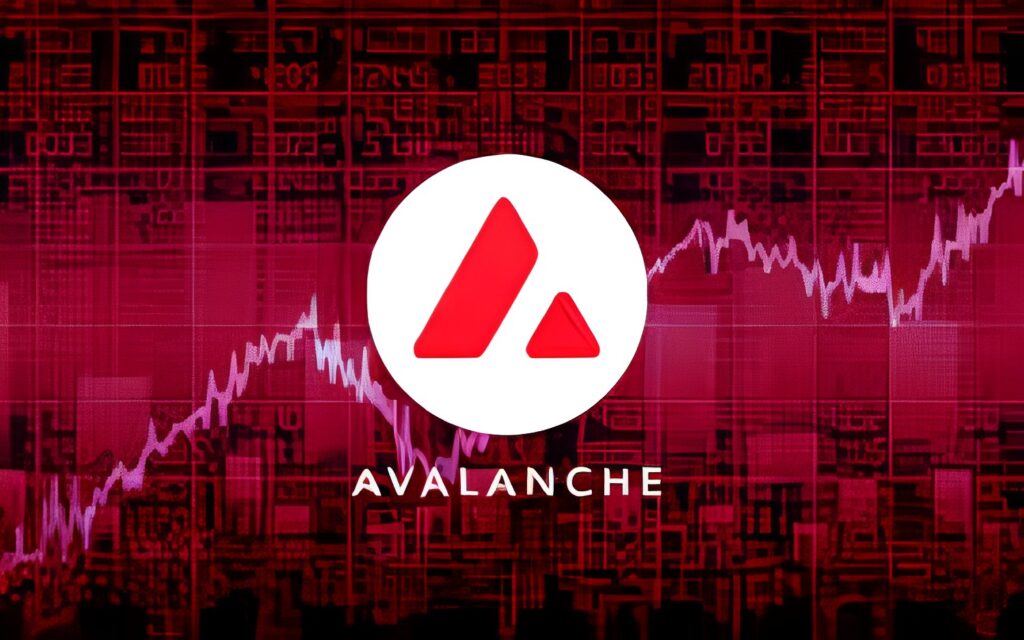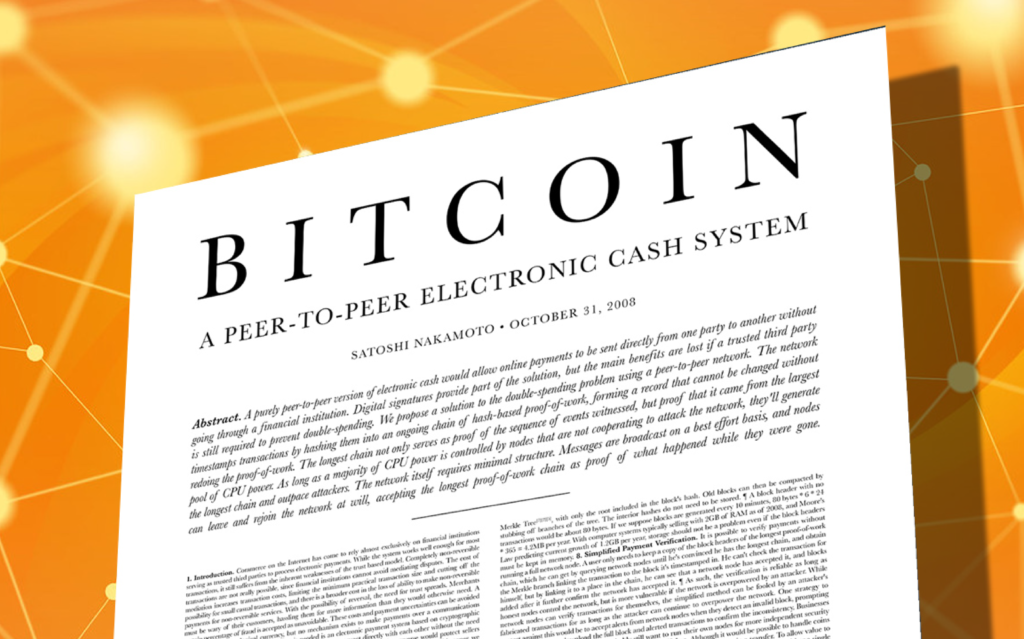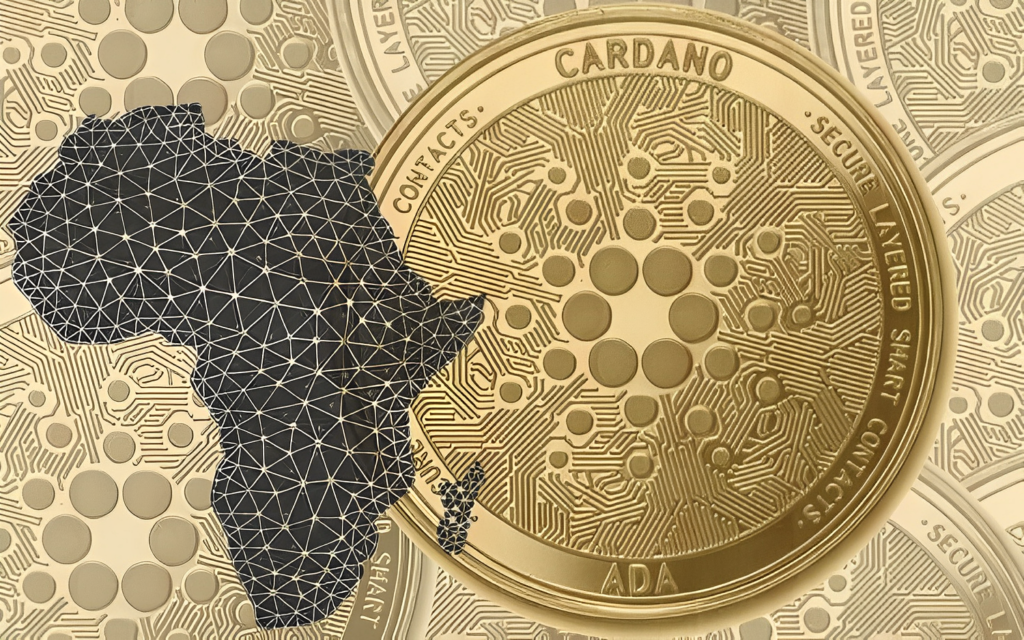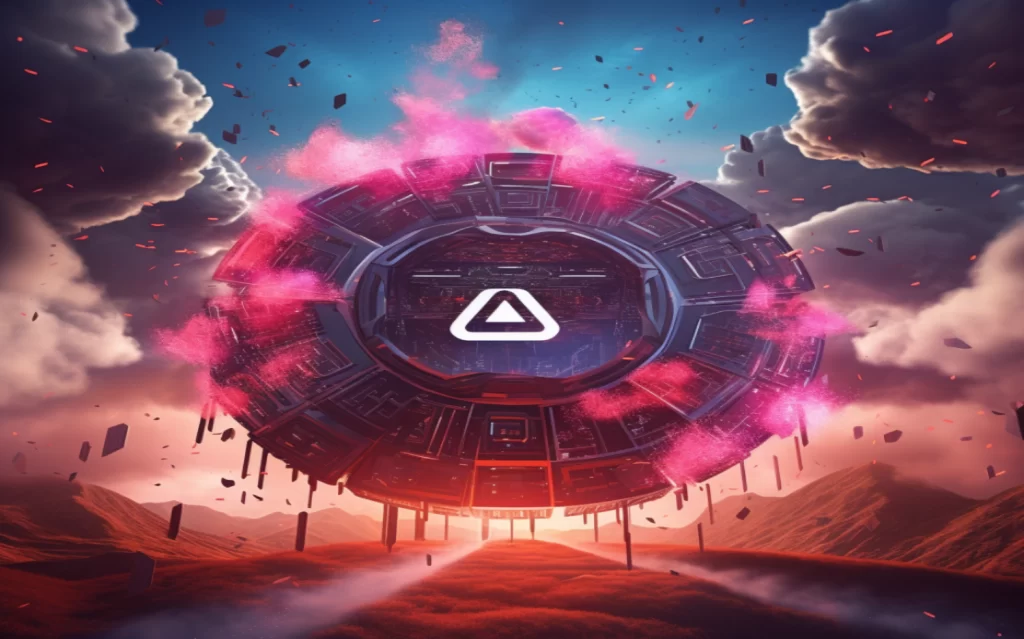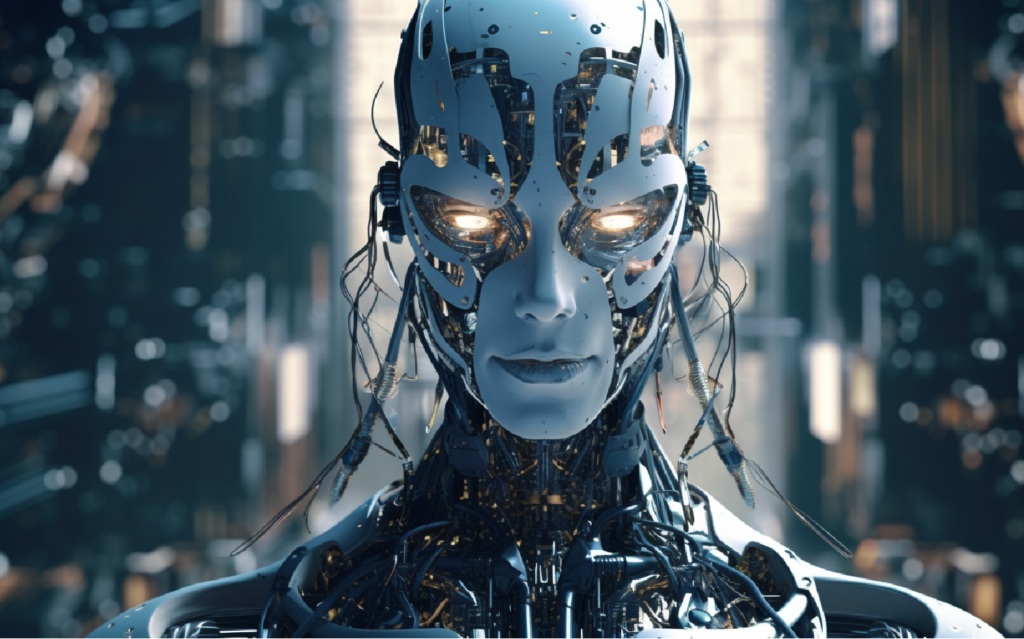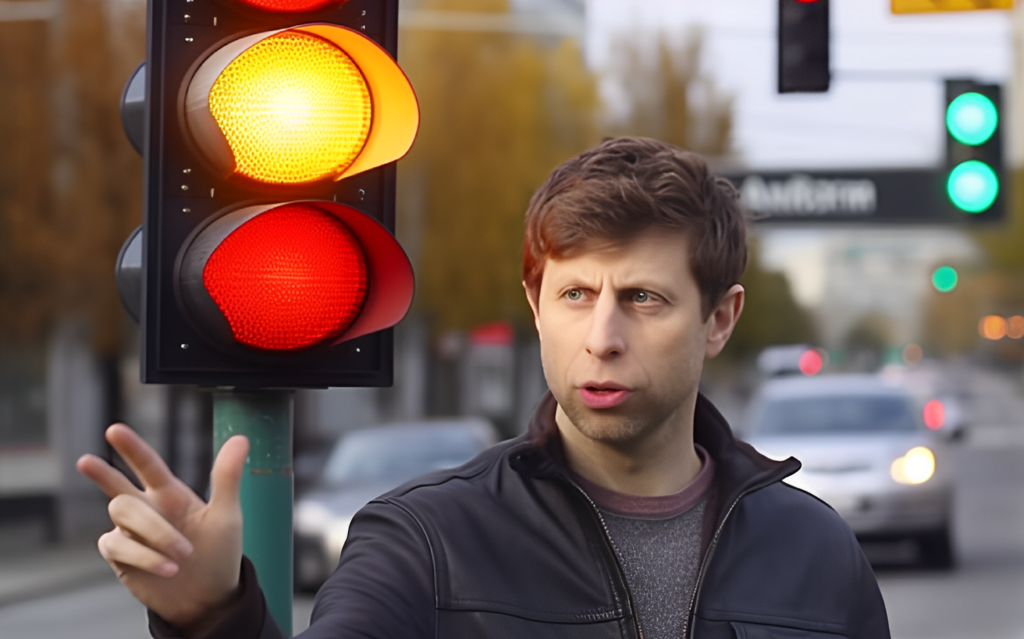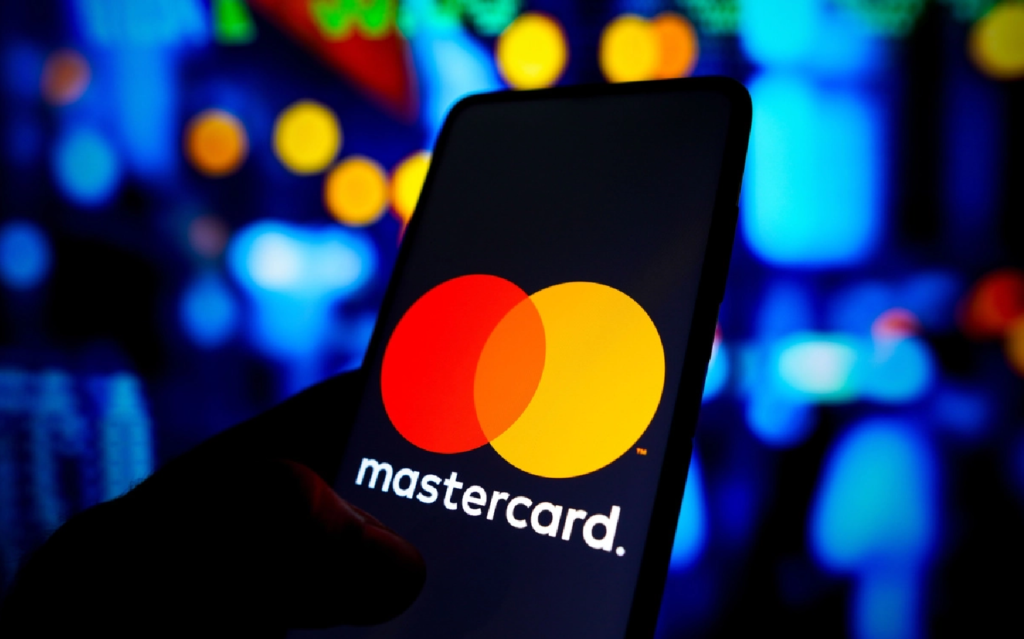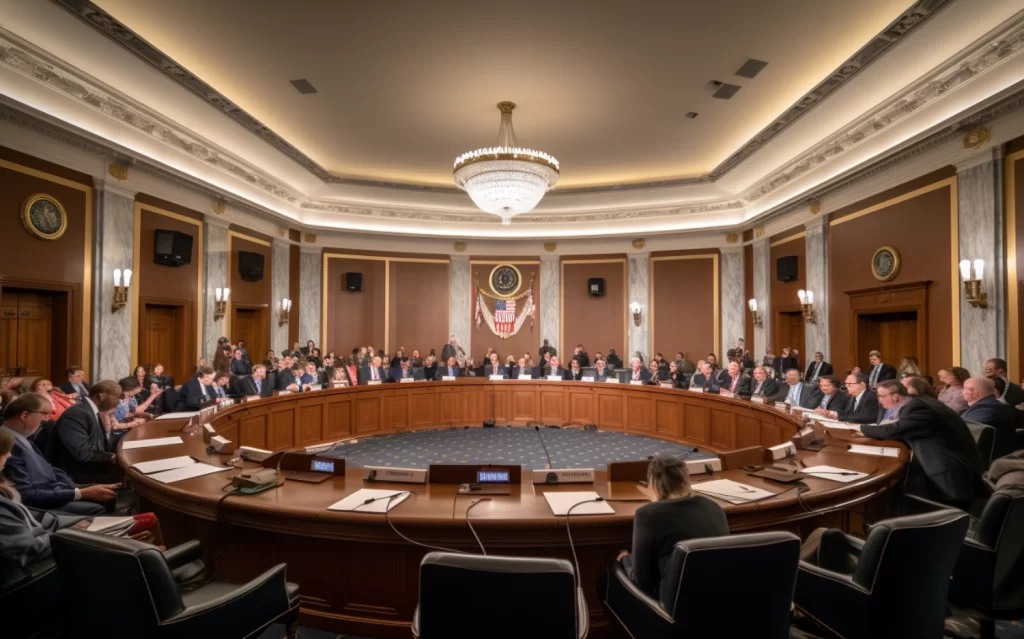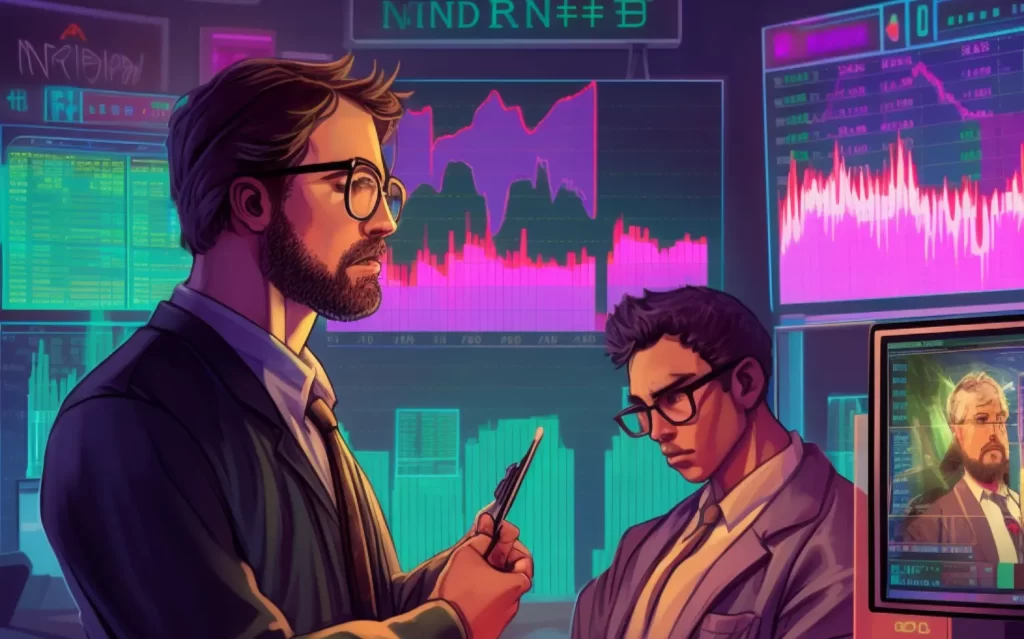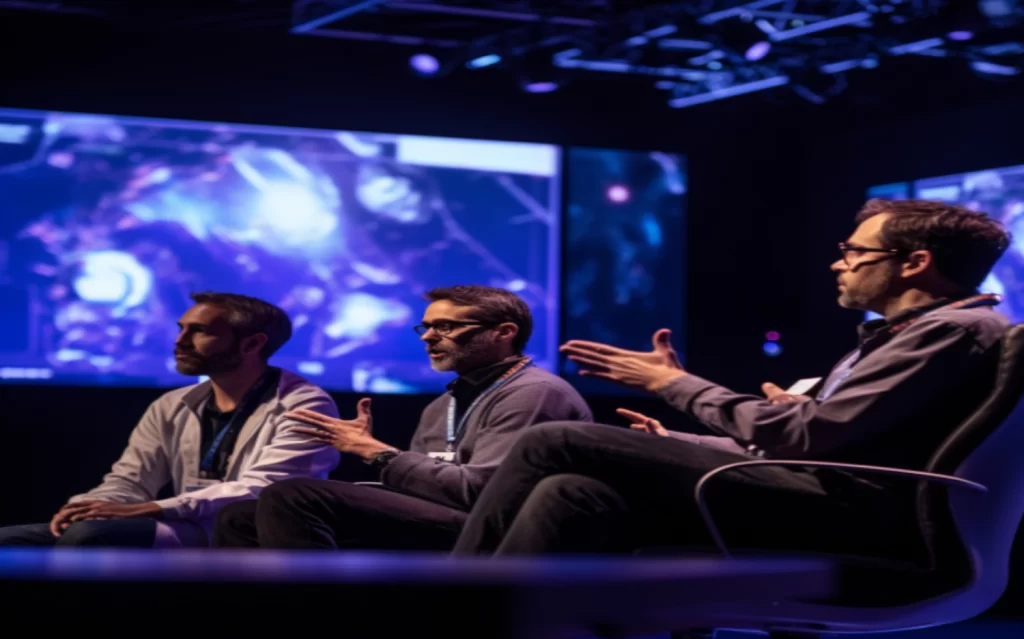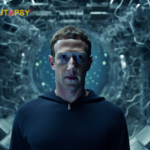Why Sam Altman Plays a Mere Bit Part in the Worldcoin Epic?

During an enlightening discussion at Tel-Aviv University, caught forever in the digital ether by the omnipresent YouTube, Sam Altman, our protagonist for the day, exchanged ideas with Dr. Nadav Cohen and company. The theme of their intellectual banter revolved around the pulsating and ever-evolving landscape of AI technology. As the conversation meandered towards its twilight, an inquisitive participant, perhaps yearning for a headline, popped the question: Sam Altman’s “future plans” regarding the intriguing project – Worldcoin.
Altman, with a cryptic twinkle in his eye, responded, “I am but an investor,” emphasizing his auxiliary role in the operation. “I had a hand in the birth of the enterprise, yet, alas, I am not embroiled in the daily skirmishes. I believe it’s a thrilling venture, experimenting with new methods of differentiating… proving one’s humanity while safeguarding privacy, and toying with ideas like global Universal Basic Income (UBI) and mechanisms to democratize access in an equitable manner… is a fantastically broad field ripe for exploration,” he philosophized before signing off, “However, I’m not deeply rooted in the organization to love waxing eloquently about its future blueprints.”
The Dreams and Dramas of Worldcoin
One of Worldcoin’s lofty goals is to architect a comprehensive identification system. As reported by Coinspectator, the audacious venture also harbors ambitions of crafting a financial structure endorsing the principles of UBI. The plan hinges on Ethereum’s might, intending to proffer two services: World ID and World App.
While World ID is touted to furnish AI-resistant identification methods relying on the uniqueness of an iris, World App is set to elevate decentralized identification. However, Worldcoin’s seemingly noble crusade hasn’t exactly found universal approval. The grand poobah of whistleblowers, Edward Snowden, in October 2021 expressed his skepticism about the notion of logging users’ eyeballs. MIT Technology Review, secondly, raised a red flag in April 2022, accusing the project of allegedly duping and exploiting citizens from developing nations to broaden its user base.
Despite the myriad benefits a unique digital identity may offer, the cybersecurity hydra looms large. TechCrunch, as if to underscore this, reported a Worldcoin data breach last month. Could an AI language model like ChatGPT possibly conjure a solution to this conundrum, or would it, like Sam Altman, remain a passive spectator?
The role of AI and potential solutions
Artificial Intelligence (AI) has made significant strides in various fields, including cybersecurity. While ChatGPT may not have a direct influence on Worldcoin or its operations, it can contribute to the ongoing conversation surrounding the project’s challenges and potential solutions.
When it comes to cybersecurity, a layered approach is often necessary. AI technologies can play a vital role in enhancing security measures, detecting and preventing threats, and ensuring the integrity of sensitive data. However, a comprehensive solution requires a combination of technical expertise, robust encryption protocols, and continuous monitoring to identify and mitigate potential vulnerabilities.
While ChatGPT is a powerful language model, it alone cannot solve the complex cybersecurity issues associated with Worldcoin or any other project. However, it can provide insights, generate ideas, and assist in the development of strategies that prioritize privacy and data protection. Collaborative efforts between human experts and AI technologies hold the potential to address the challenges posed by projects like Worldcoin.
Conclusion
Worldcoin, with its ambitious goals and aspirations, has garnered attention and stirred both excitement and concern. Sam Altman, as an investor, plays a secondary role in the project, expressing his support and fascination with the exploration of new ideas such as Universal Basic Income and democratizing access. However, Altman does not delve deeply into the organization’s future plans, leaving room for speculation and interpretation.
Worldcoin’s dream of creating a comprehensive identification system and implementing UBI faces criticism and skepticism from various quarters. Concerns about privacy, exploitation, and cybersecurity risks have raised valid points that should be addressed and considered in the project’s development. While AI technologies like ChatGPT cannot single-handedly solve these challenges, they can contribute to the ongoing dialogue and help shape the path toward a more secure and equitable future.

FAQs
1. What is Worldcoin’s main objective? Worldcoin aims to create a comprehensive identification system while endorsing the principles of Universal Basic Income (UBI) and democratizing access to financial services.
2. How does World ID work? World ID leverages AI-resistant identification methods, focusing on the uniqueness of an individual’s iris to provide a secure and reliable means of identification.
3. Why was Edward Snowden skeptical about Worldcoin? Edward Snowden expressed skepticism about Worldcoin due to concerns about logging users’ eyeballs, raising questions about privacy and potential misuse of personal information.
4. Has Worldcoin faced any cybersecurity issues? Yes, Worldcoin experienced a data breach, as reported by TechCrunch. Cybersecurity challenges are a significant concern for projects like Worldcoin, necessitating robust measures to protect user data.
5. Can AI like ChatGPT contribute to solving Worldcoin’s challenges? While AI technologies like ChatGPT cannot provide comprehensive solutions, they can contribute to the conversation by generating ideas and insights that address privacy, security, and accessibility concerns. Collaborative efforts between humans and AI hold potential in shaping the future of projects like Worldcoin.


